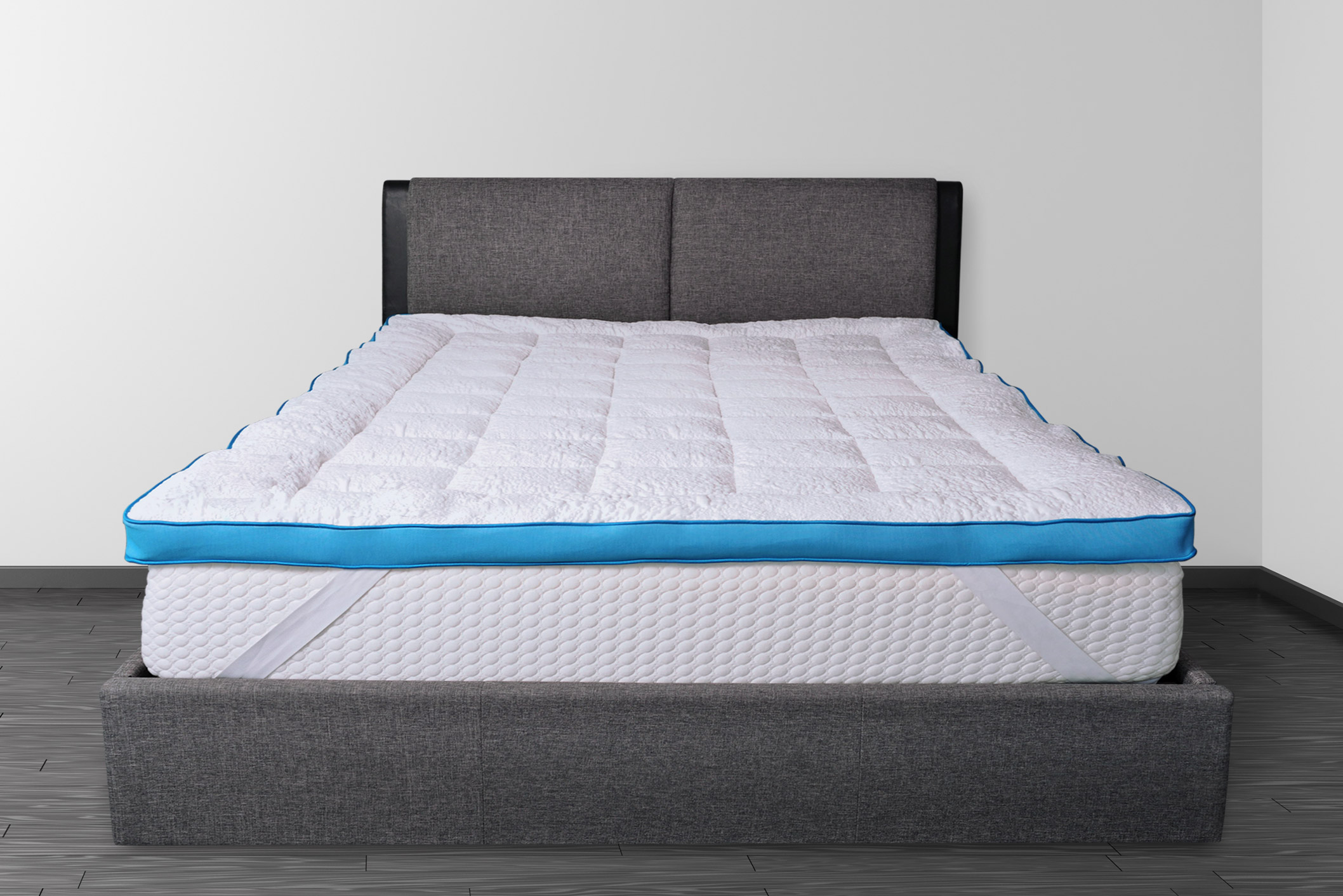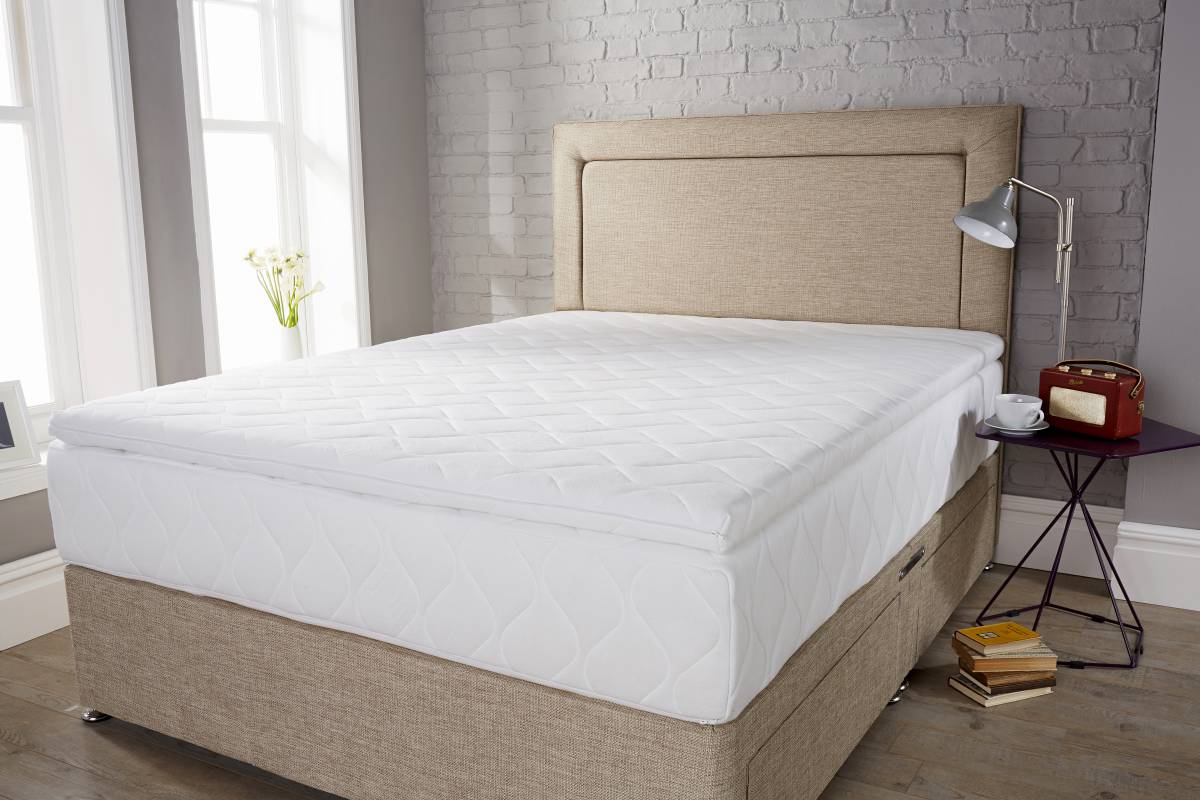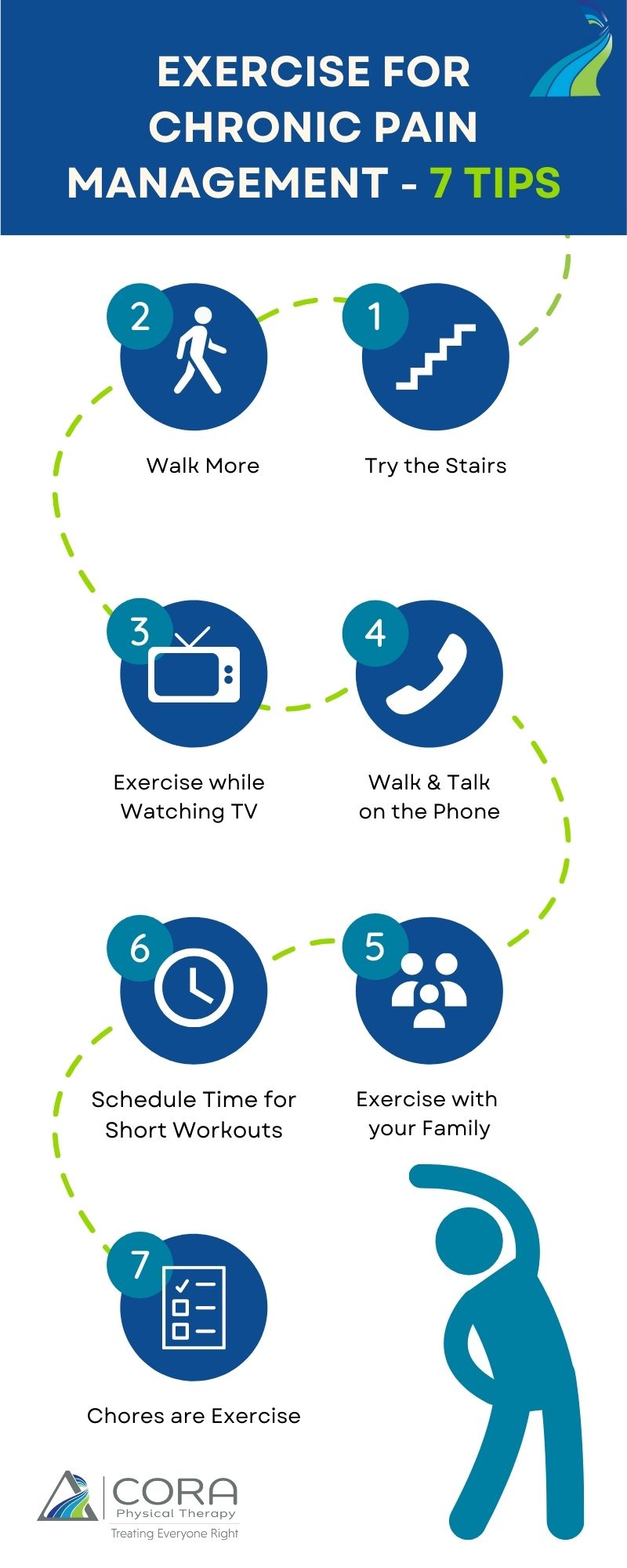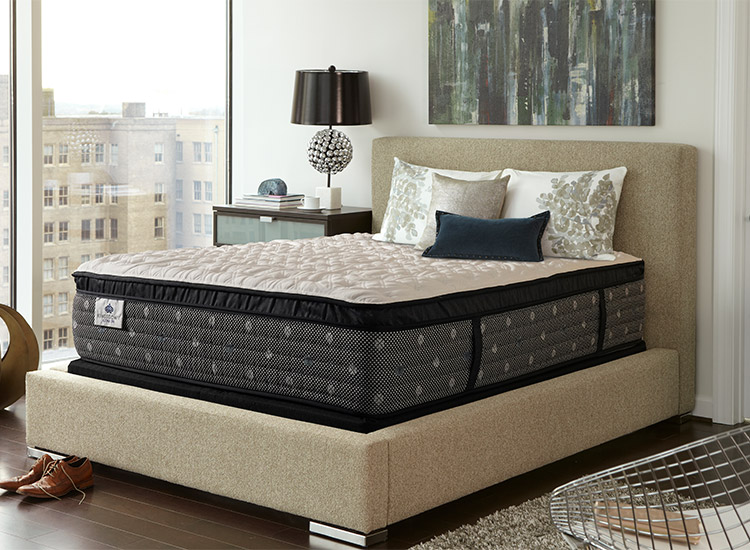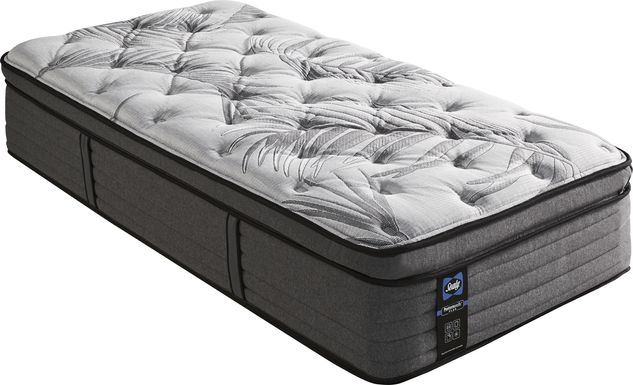1. Understanding the Relationship Between Memory Foam Mattresses and Back Pain
Memory foam mattresses have been praised for their ability to provide a comfortable and supportive sleeping surface. However, many people wonder if these mattresses can actually cause or worsen back pain. The answer is not a simple yes or no, as it depends on various factors such as your body type, sleeping position, and the type and quality of the memory foam mattress you choose.
2. The Role of Spinal Alignment in Reducing Back Pain
One of the main causes of back pain is poor spinal alignment while sleeping. A good memory foam mattress should be able to contour to your body's shape and provide support to your spine, keeping it in a neutral position. This helps alleviate pressure on your back and reduces the risk of developing pain.
3. Relieving Pressure Points with Memory Foam
Pressure points are areas of the body that experience more pressure when lying down, such as the hips, shoulders, and heels. A memory foam mattress can help distribute your body weight evenly, reducing the pressure on these points and providing relief to those who suffer from chronic pain.
4. Finding the Right Firmness Level for Your Back
The firmness level of your mattress is a crucial factor to consider when dealing with back pain. Too soft of a mattress can cause your body to sink, leading to misalignment and discomfort. On the other hand, a mattress that is too firm may not contour to your body's curves, causing pressure points. It is important to find a balance and choose a memory foam mattress with a medium-firm level of support.
5. The Benefits of Body Contouring
One of the unique features of memory foam mattresses is their ability to contour to your body's shape. This not only provides a personalized level of comfort but also helps support your body's natural curves. By conforming to your body, a memory foam mattress can help alleviate pressure on your back and reduce the risk of developing pain.
6. The Importance of a Support System
Aside from the material and firmness level, the support system of a memory foam mattress is also essential in preventing back pain. A good support system ensures that your body weight is distributed evenly, reducing pressure on your spine and promoting proper alignment. Look for mattresses with a sturdy base and multiple layers of foam for optimal support.
7. Considering Your Sleep Position
Your sleeping position can greatly affect the impact of a memory foam mattress on your back. For example, if you are a side sleeper, you may benefit from a softer mattress that can contour to your body's curves. However, if you sleep on your back, a firmer mattress may be more suitable to maintain proper spinal alignment. Consider your preferred sleep position when choosing a memory foam mattress.
8. The Role of Mattress Toppers in Alleviating Back Pain
If you already have a memory foam mattress but are experiencing back pain, a mattress topper may be a cost-effective solution. Toppers can add an extra layer of comfort and support, helping to alleviate pressure points and promoting proper spinal alignment. Look for a topper made from high-density memory foam for the best results.
9. Can Memory Foam Mattresses Help with Chronic Pain?
Chronic pain sufferers often struggle to find a comfortable sleeping surface that can provide relief. Memory foam mattresses have been known to help alleviate pain by reducing pressure points and promoting proper spinal alignment. However, it is important to consult with a healthcare professional for personalized advice.
10. The Final Verdict: Can Memory Foam Mattresses Hurt Your Back?
After considering all the factors, it is safe to say that memory foam mattresses do not necessarily hurt your back. In fact, they can provide excellent support and comfort for those dealing with back pain. However, it is important to choose the right type and quality of memory foam mattress, as well as considering your body type, sleeping position, and any existing back conditions. With proper consideration and care, a memory foam mattress can be a great choice for a comfortable and pain-free sleep.
The Potential Impact of Memory Foam Mattresses on Back Pain
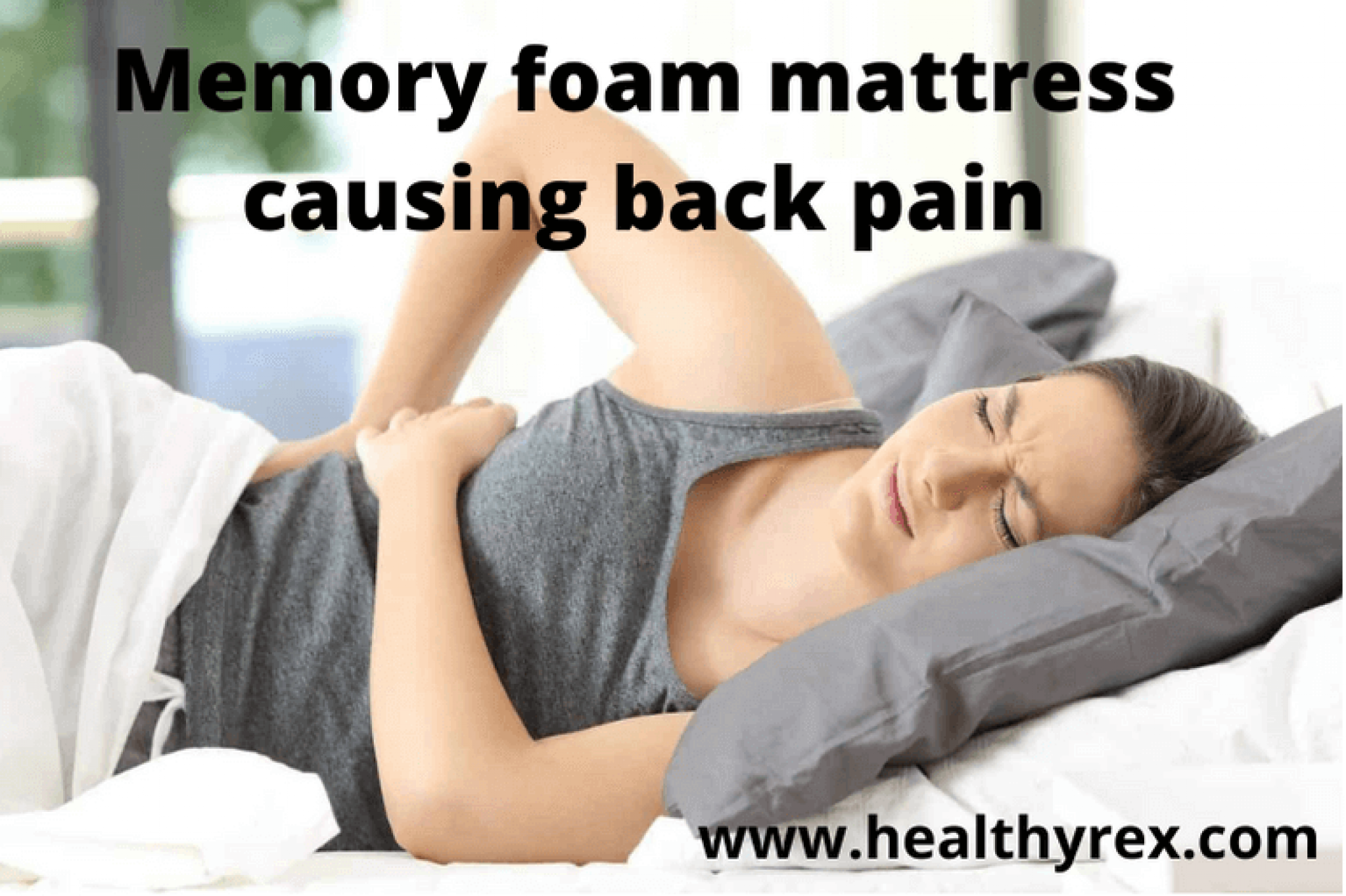
Understanding the Role of Mattresses in Back Pain
 Many people who suffer from chronic back pain often wonder if their mattress could be contributing to their discomfort. With the rise in popularity of memory foam mattresses, this question has become even more prevalent. Memory foam mattresses are known for their ability to conform to the shape of the body, providing support and pressure relief. However, this unique feature has also sparked concerns about whether memory foam mattresses could potentially hurt your back.
Back pain
is a common ailment that affects millions of people worldwide. In fact, it is estimated that up to 80% of adults will experience back pain at some point in their lives. This can be caused by a variety of factors, including injury, poor posture, and age-related wear and tear on the spine. But could your mattress also be a contributing factor?
Many people who suffer from chronic back pain often wonder if their mattress could be contributing to their discomfort. With the rise in popularity of memory foam mattresses, this question has become even more prevalent. Memory foam mattresses are known for their ability to conform to the shape of the body, providing support and pressure relief. However, this unique feature has also sparked concerns about whether memory foam mattresses could potentially hurt your back.
Back pain
is a common ailment that affects millions of people worldwide. In fact, it is estimated that up to 80% of adults will experience back pain at some point in their lives. This can be caused by a variety of factors, including injury, poor posture, and age-related wear and tear on the spine. But could your mattress also be a contributing factor?
The Controversy Surrounding Memory Foam Mattresses
 Memory foam mattresses have gained a reputation for being able to alleviate pressure points and provide a more comfortable sleep experience. This is due to their ability to evenly distribute body weight and relieve pressure on the spine. However, some experts argue that this same feature could potentially be harmful to those with existing back pain or conditions such as
scoliosis
or
spinal stenosis
.
One of the main concerns is that memory foam mattresses may not provide enough support for the spine, leading to misalignment and increased pain. Additionally, memory foam mattresses are known to retain body heat, which can also contribute to discomfort for those with back pain. Some people report waking up feeling stiff and sore after sleeping on a memory foam mattress.
Memory foam mattresses have gained a reputation for being able to alleviate pressure points and provide a more comfortable sleep experience. This is due to their ability to evenly distribute body weight and relieve pressure on the spine. However, some experts argue that this same feature could potentially be harmful to those with existing back pain or conditions such as
scoliosis
or
spinal stenosis
.
One of the main concerns is that memory foam mattresses may not provide enough support for the spine, leading to misalignment and increased pain. Additionally, memory foam mattresses are known to retain body heat, which can also contribute to discomfort for those with back pain. Some people report waking up feeling stiff and sore after sleeping on a memory foam mattress.
The Truth About Memory Foam Mattresses and Back Pain
 While there is some controversy surrounding the use of memory foam mattresses for back pain, the truth is that they can be beneficial for some individuals. It ultimately depends on the individual's specific condition and preferences. For example, those with
sciatica
may find that a memory foam mattress provides much-needed pressure relief, while others with
herniated discs
may benefit from a firmer, more supportive mattress.
It's also important to note that not all memory foam mattresses are created equal. Some brands and models may offer more support and cooling features than others. It's essential to do your research and try out different options before committing to a memory foam mattress.
While there is some controversy surrounding the use of memory foam mattresses for back pain, the truth is that they can be beneficial for some individuals. It ultimately depends on the individual's specific condition and preferences. For example, those with
sciatica
may find that a memory foam mattress provides much-needed pressure relief, while others with
herniated discs
may benefit from a firmer, more supportive mattress.
It's also important to note that not all memory foam mattresses are created equal. Some brands and models may offer more support and cooling features than others. It's essential to do your research and try out different options before committing to a memory foam mattress.
Conclusion
 In conclusion, there is no definitive answer as to whether memory foam mattresses can hurt your back. While some experts argue against their use for those with back pain, others swear by their comfort and support. The key is to find the right mattress for your individual needs and preferences. If you are experiencing back pain, it's always best to consult with a healthcare professional for personalized advice.
In conclusion, there is no definitive answer as to whether memory foam mattresses can hurt your back. While some experts argue against their use for those with back pain, others swear by their comfort and support. The key is to find the right mattress for your individual needs and preferences. If you are experiencing back pain, it's always best to consult with a healthcare professional for personalized advice.

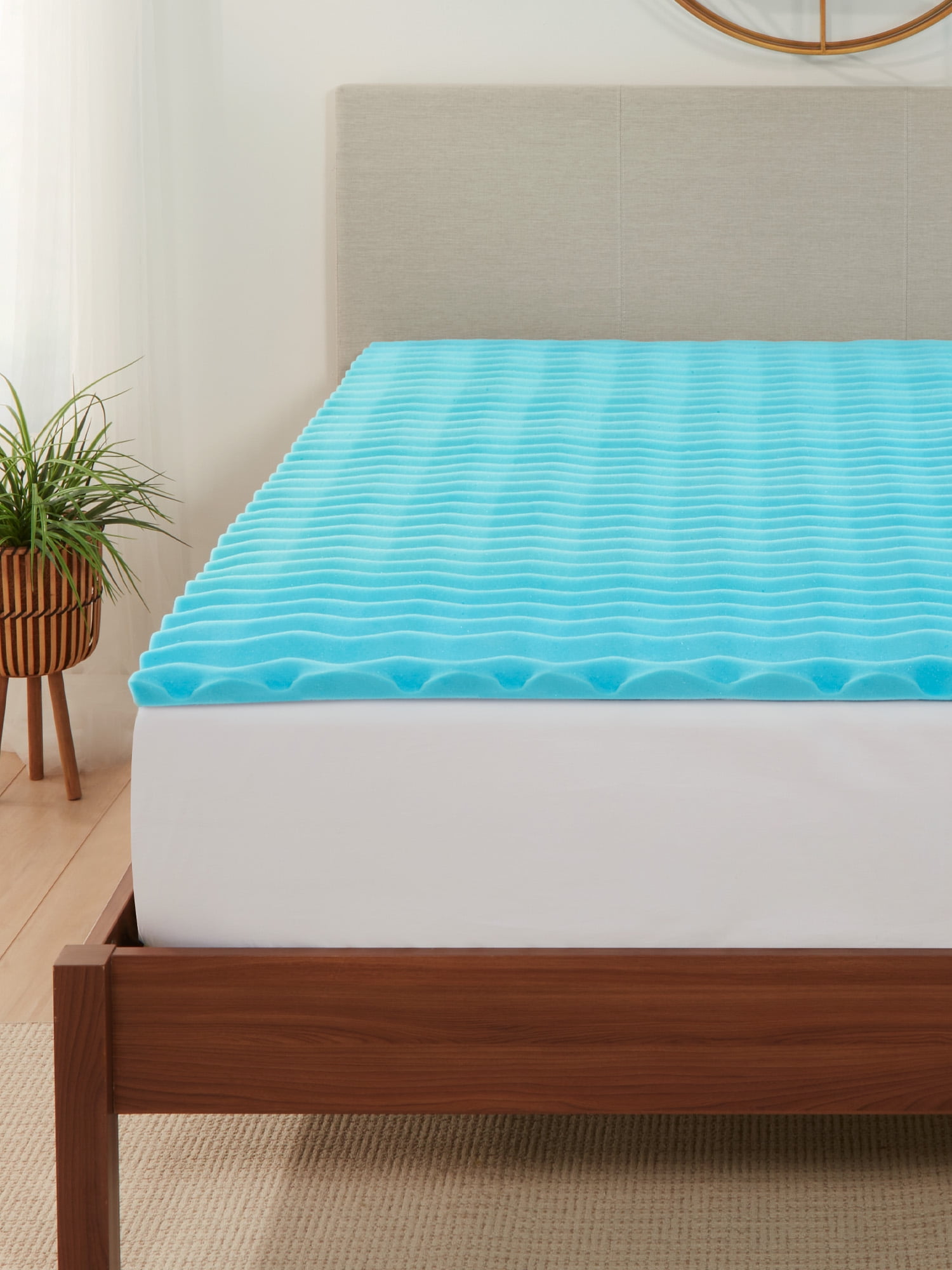
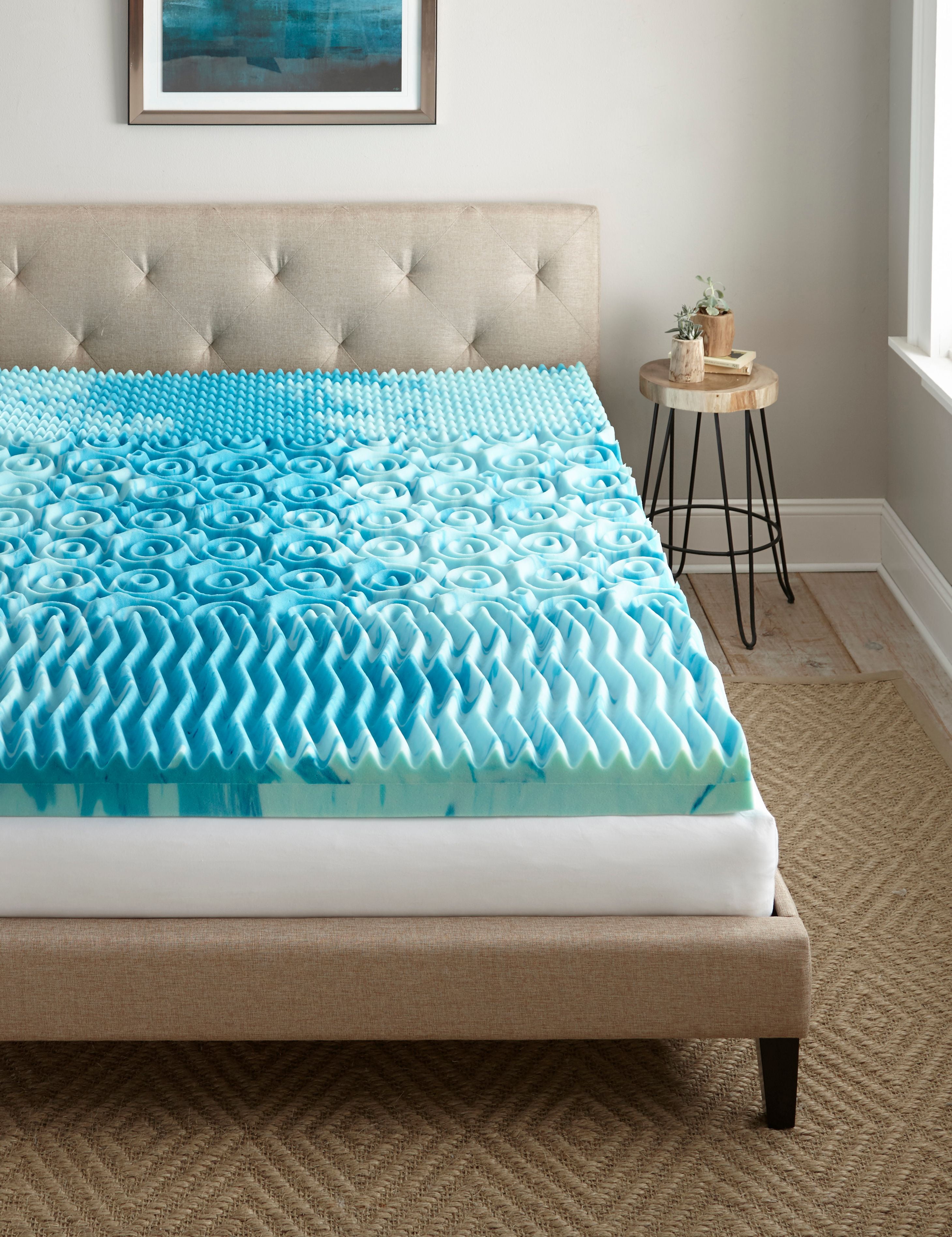








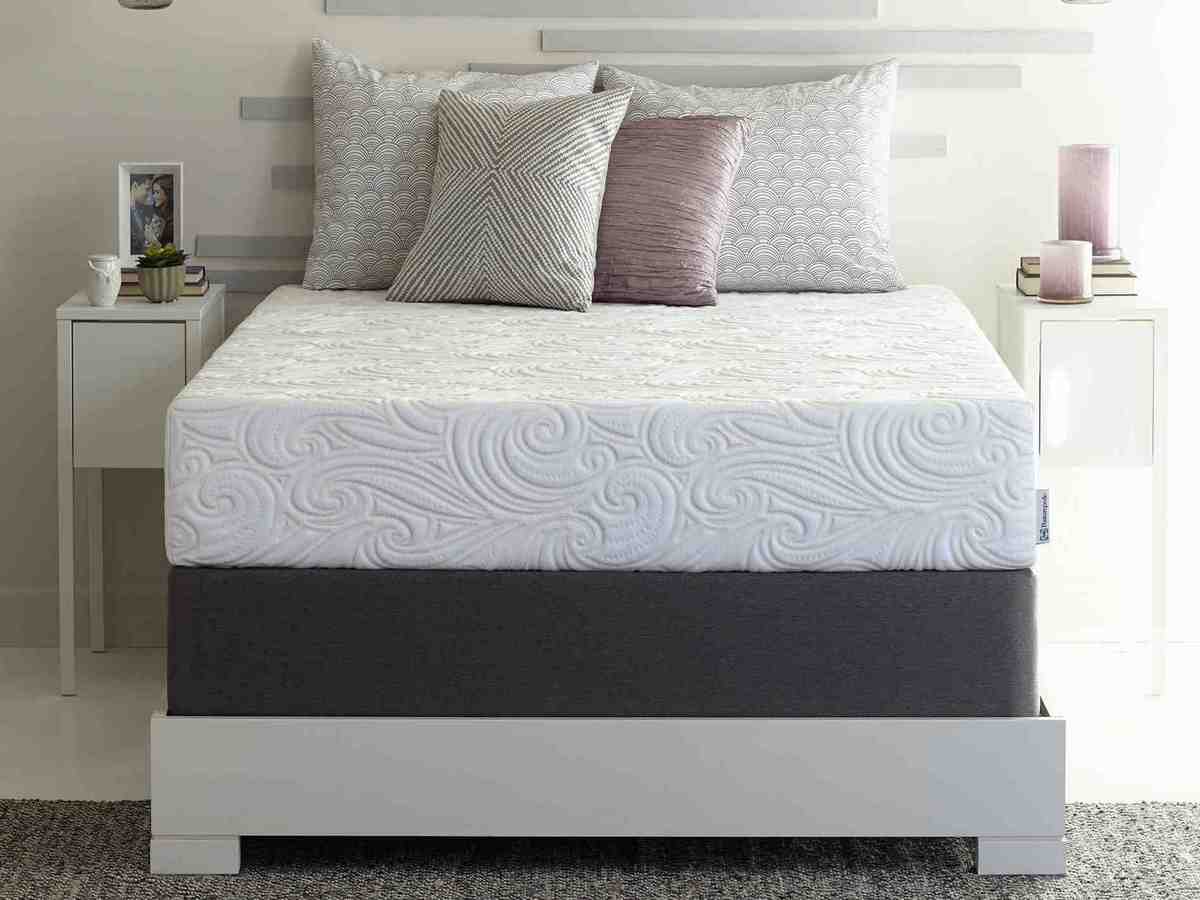









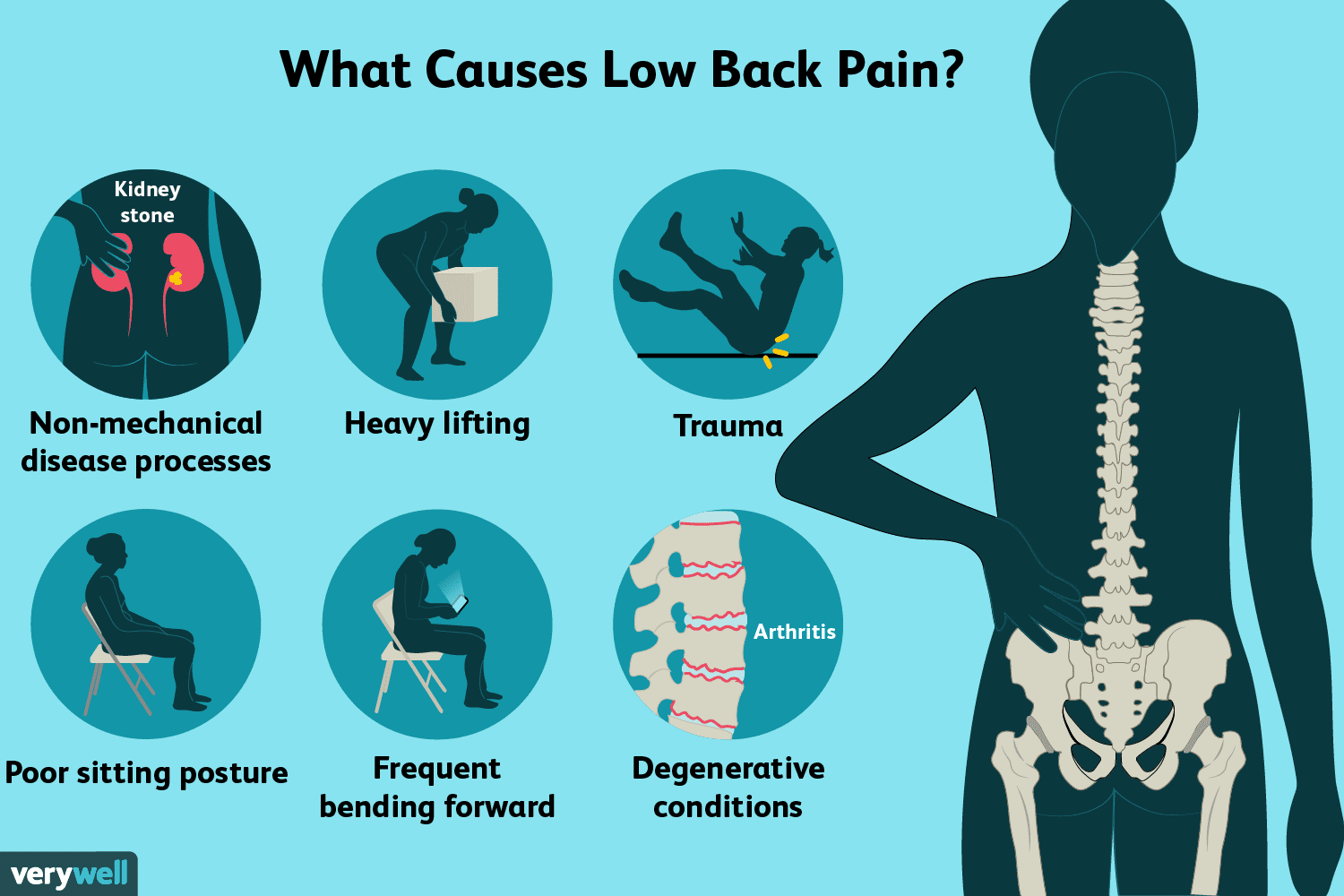
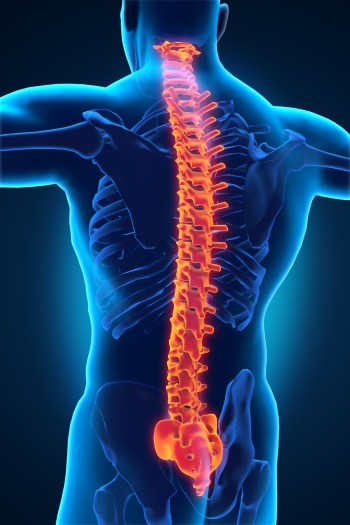

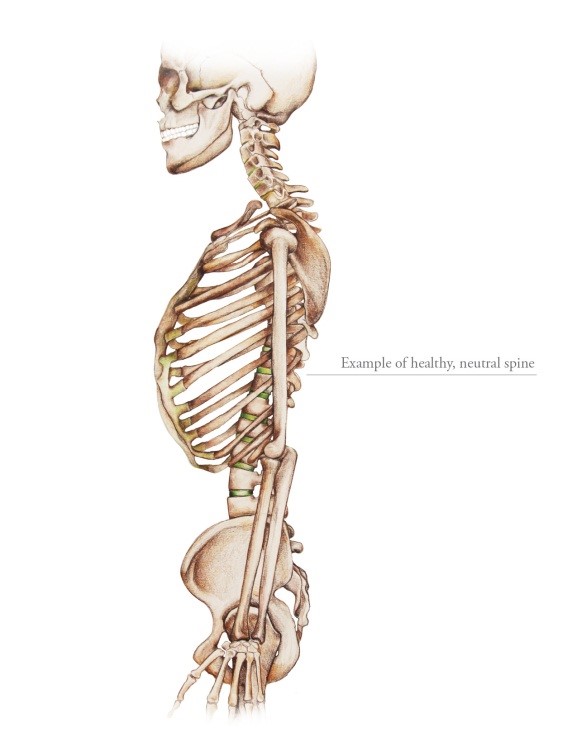



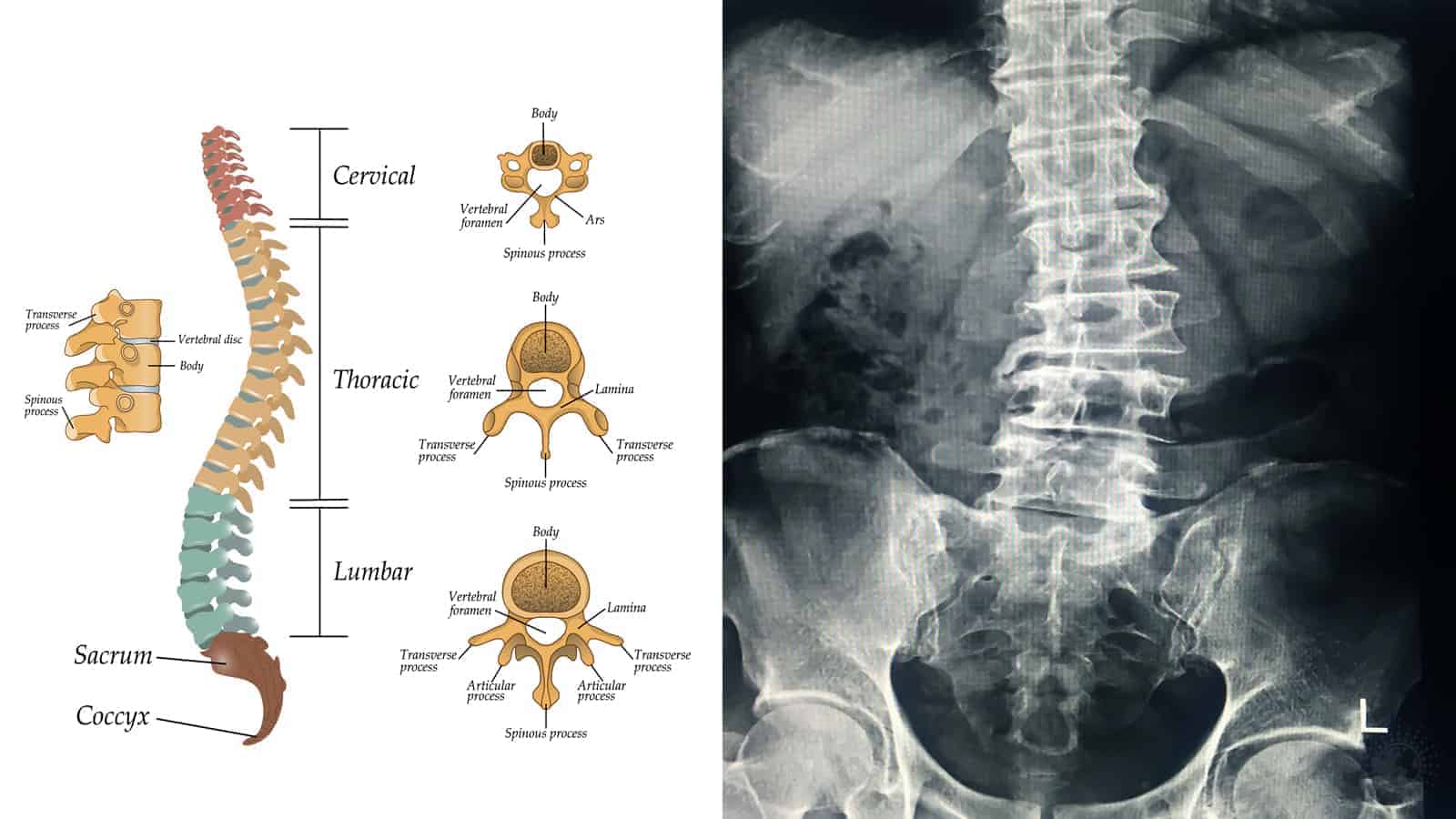
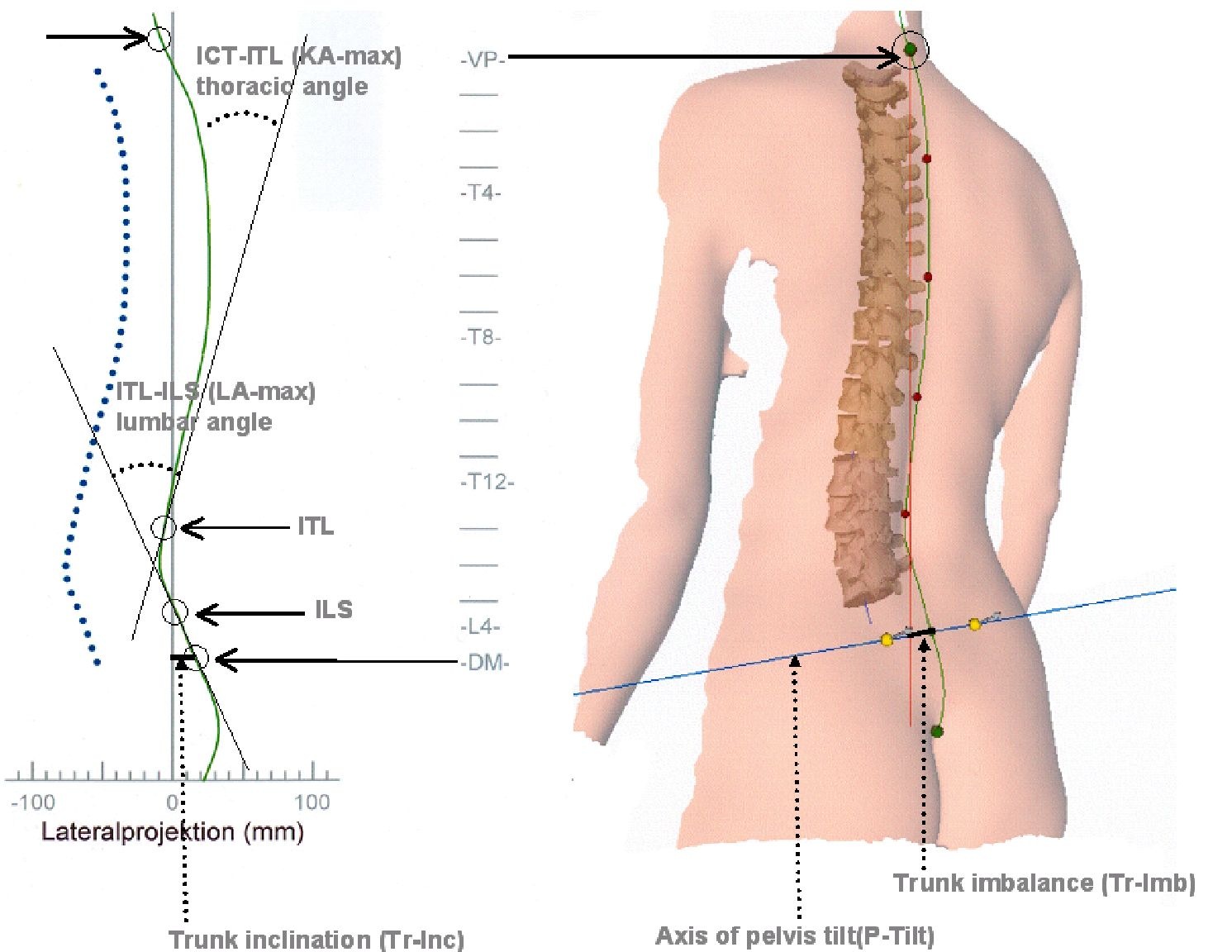

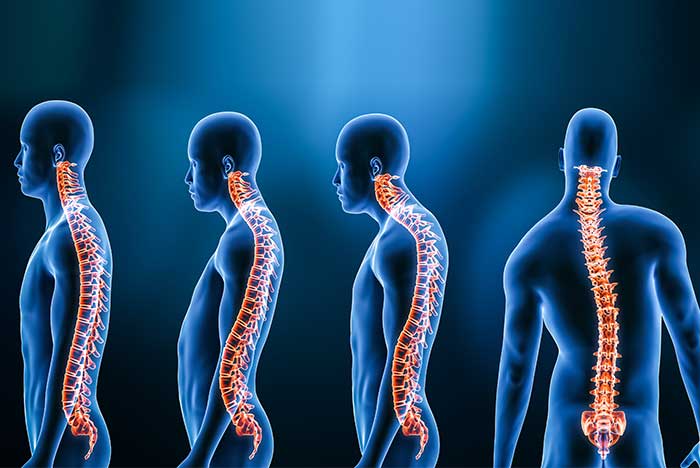



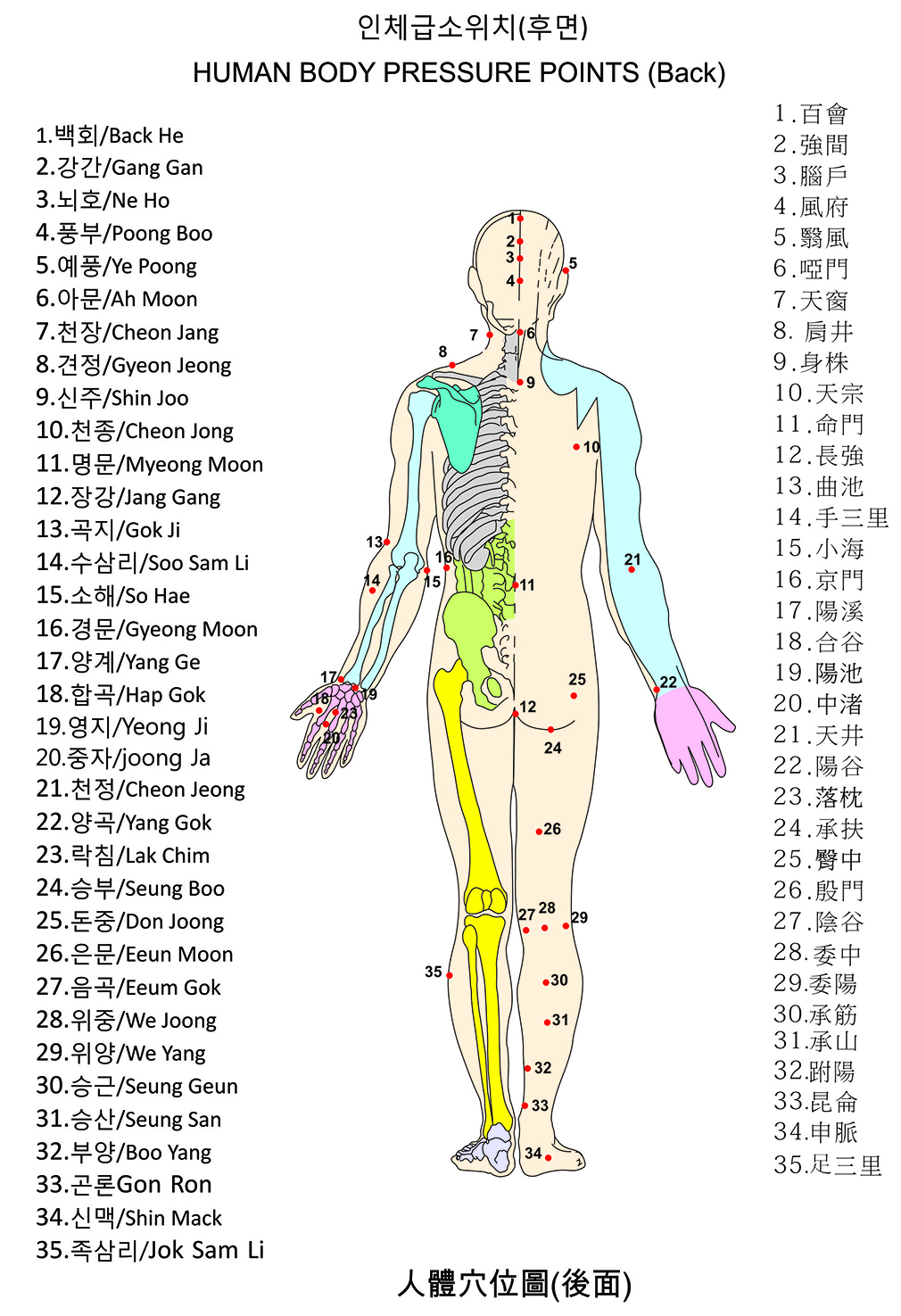





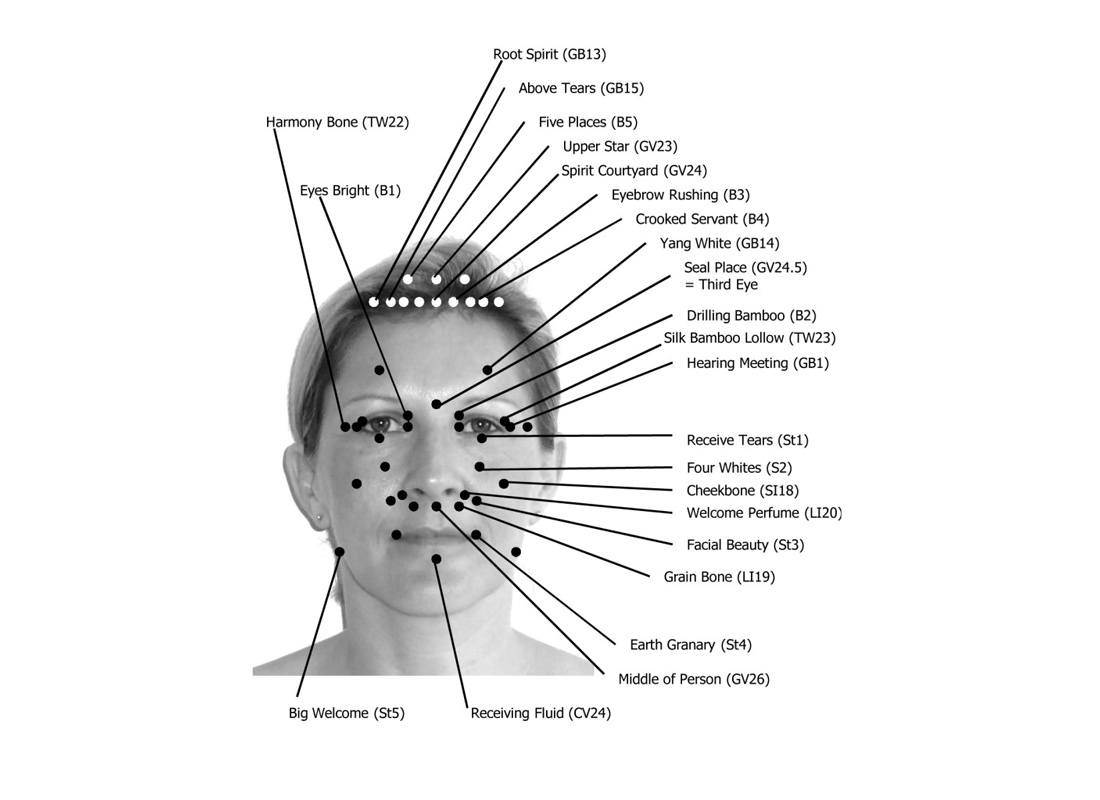

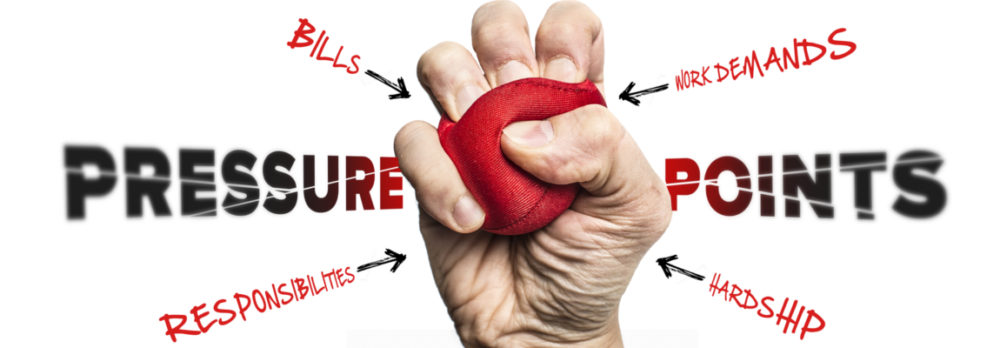
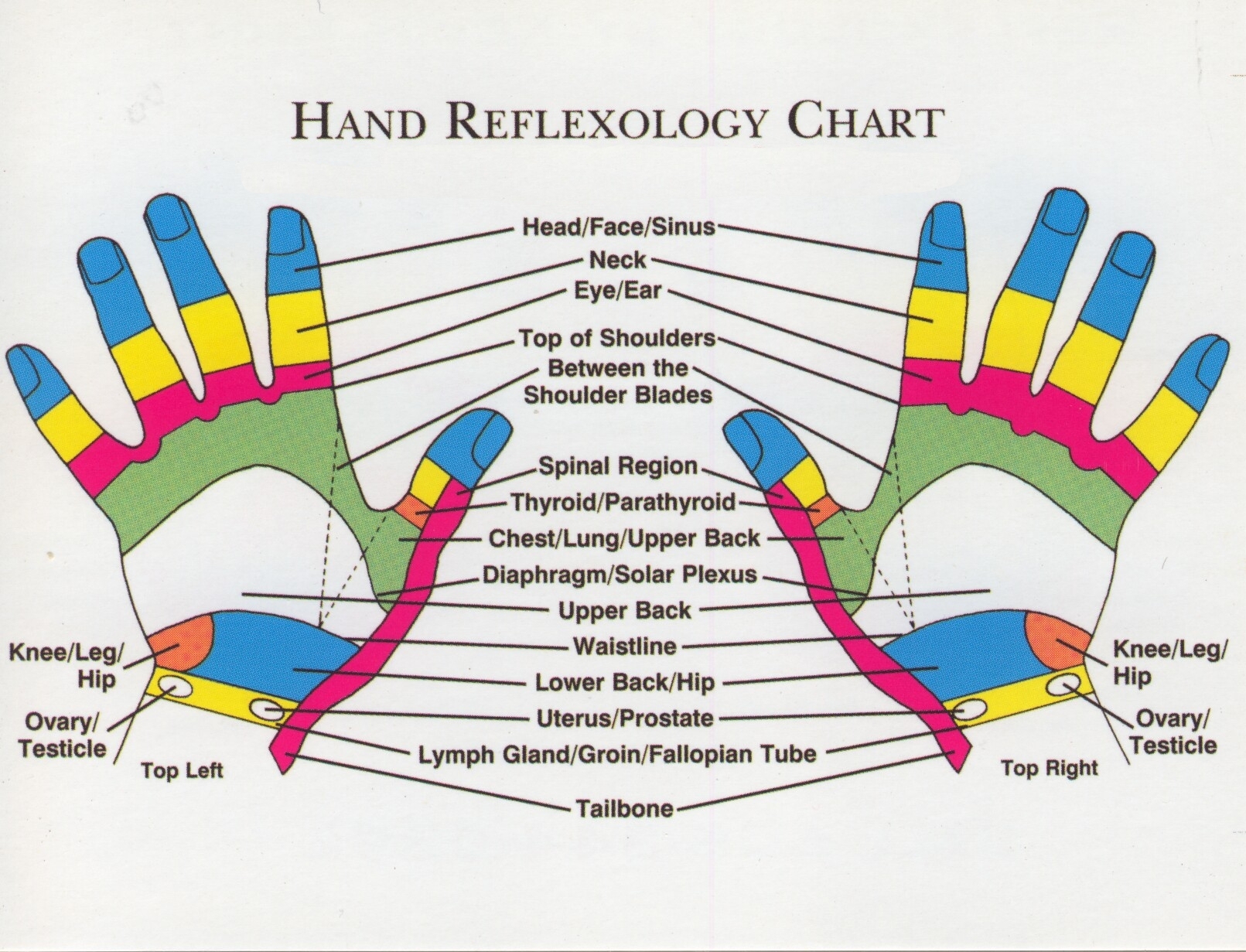



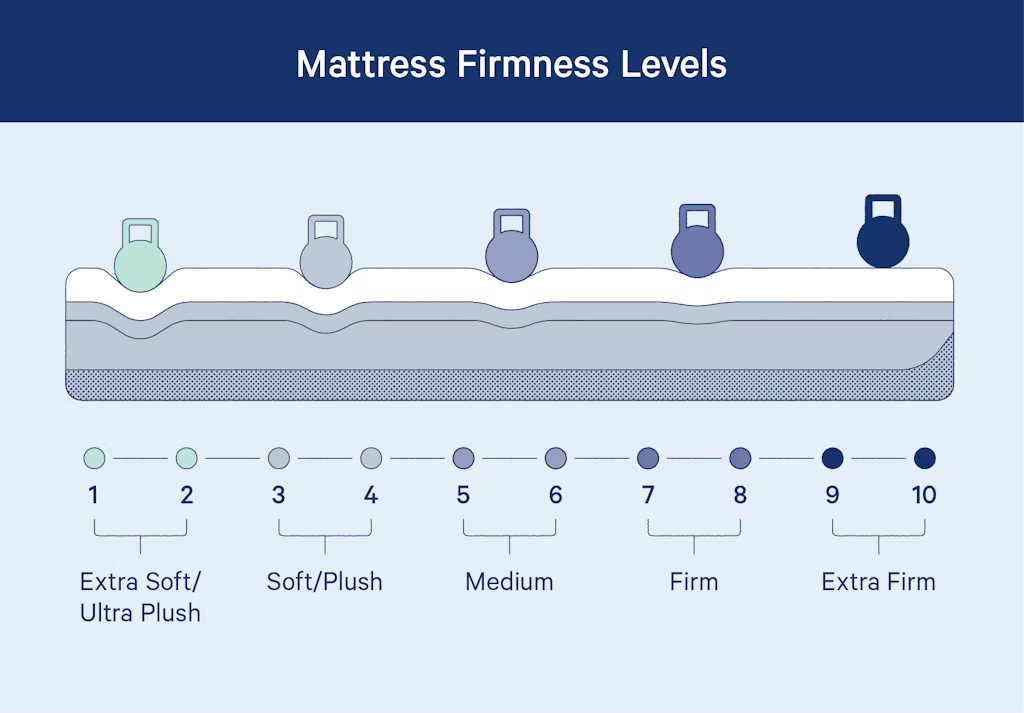



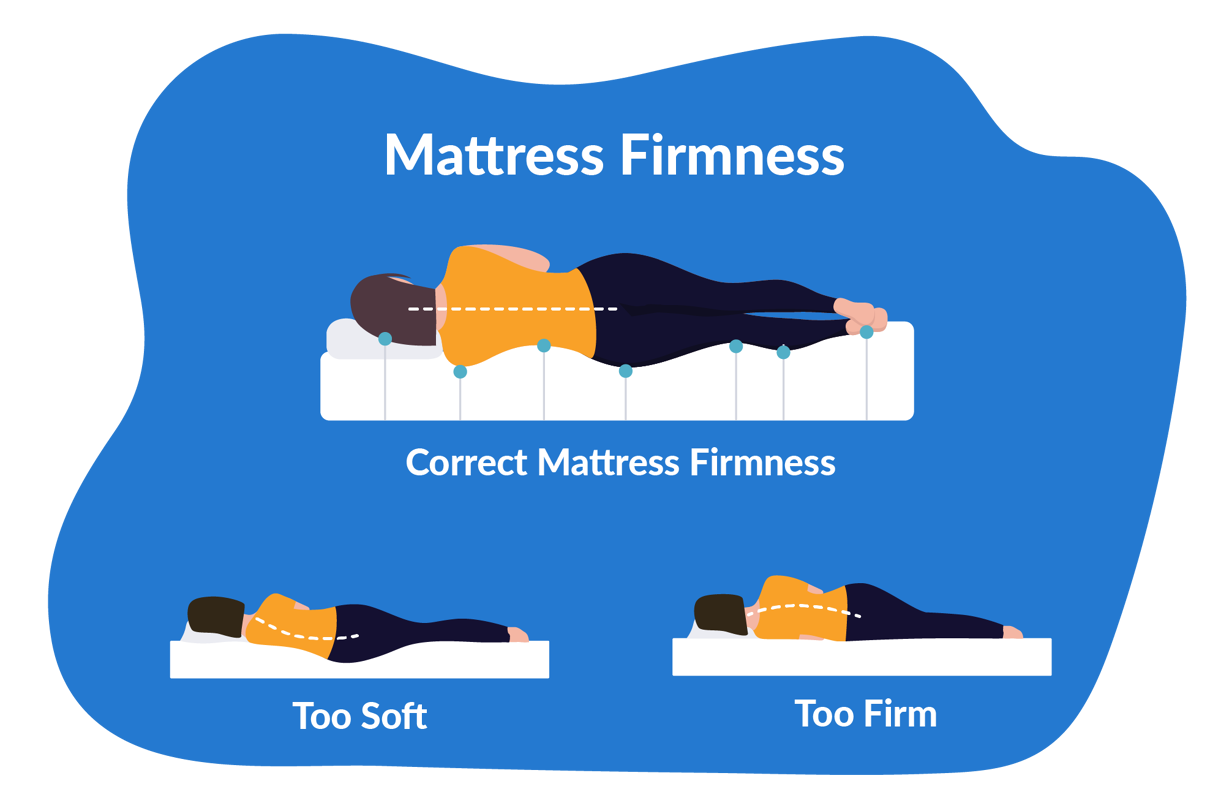

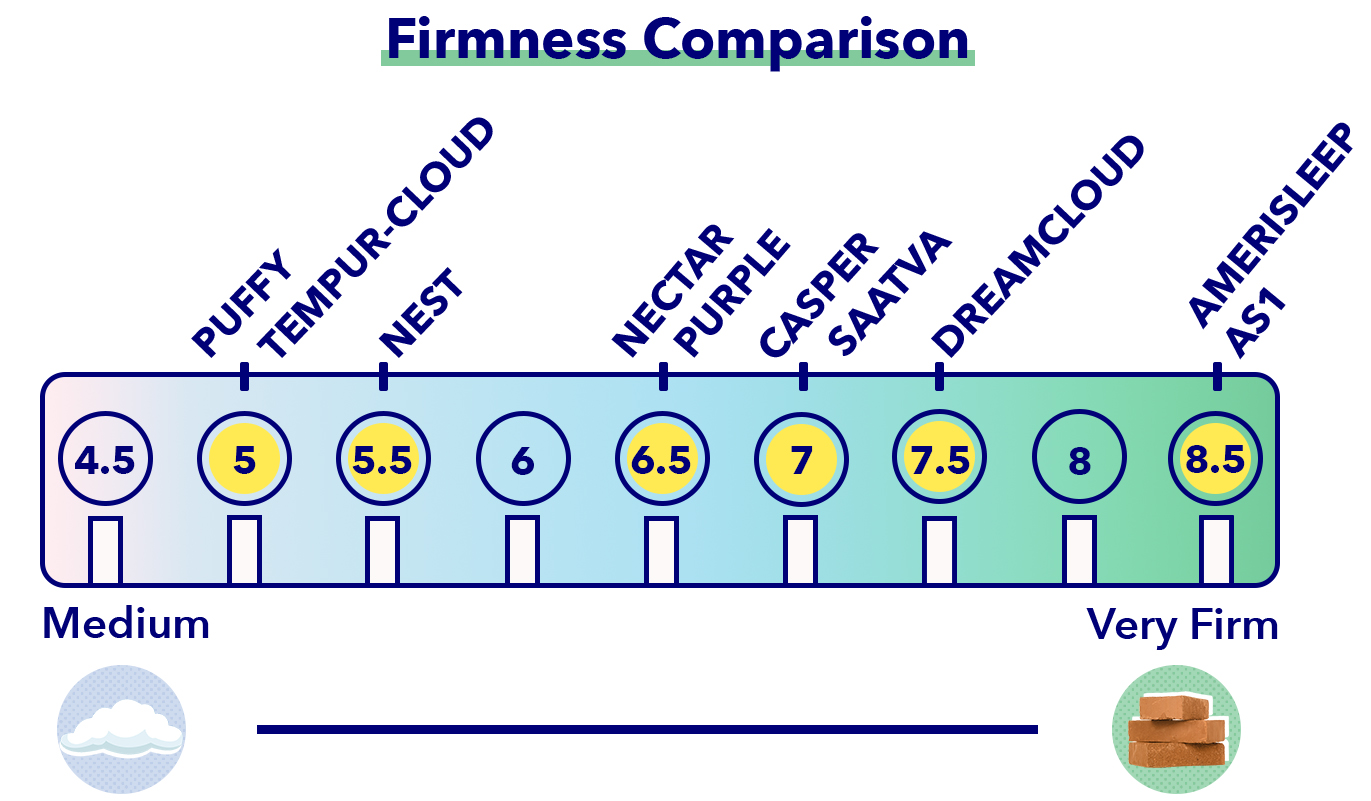











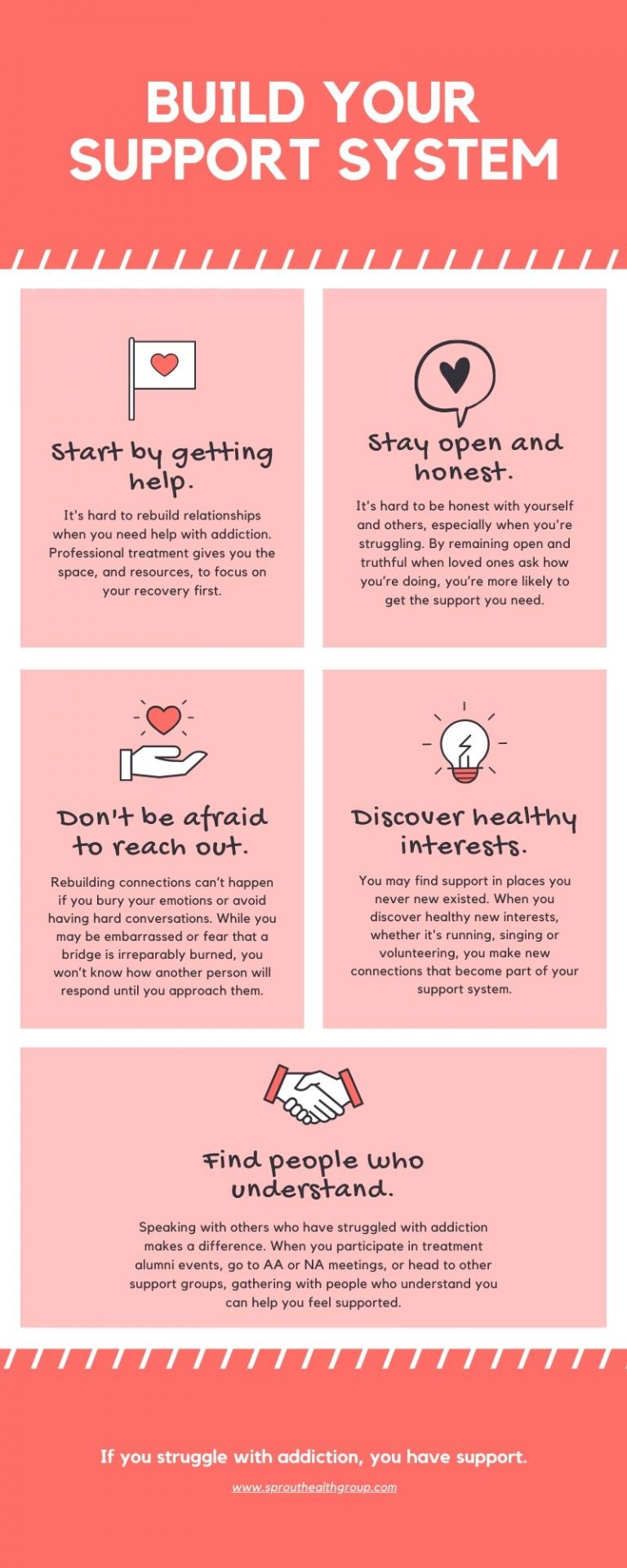










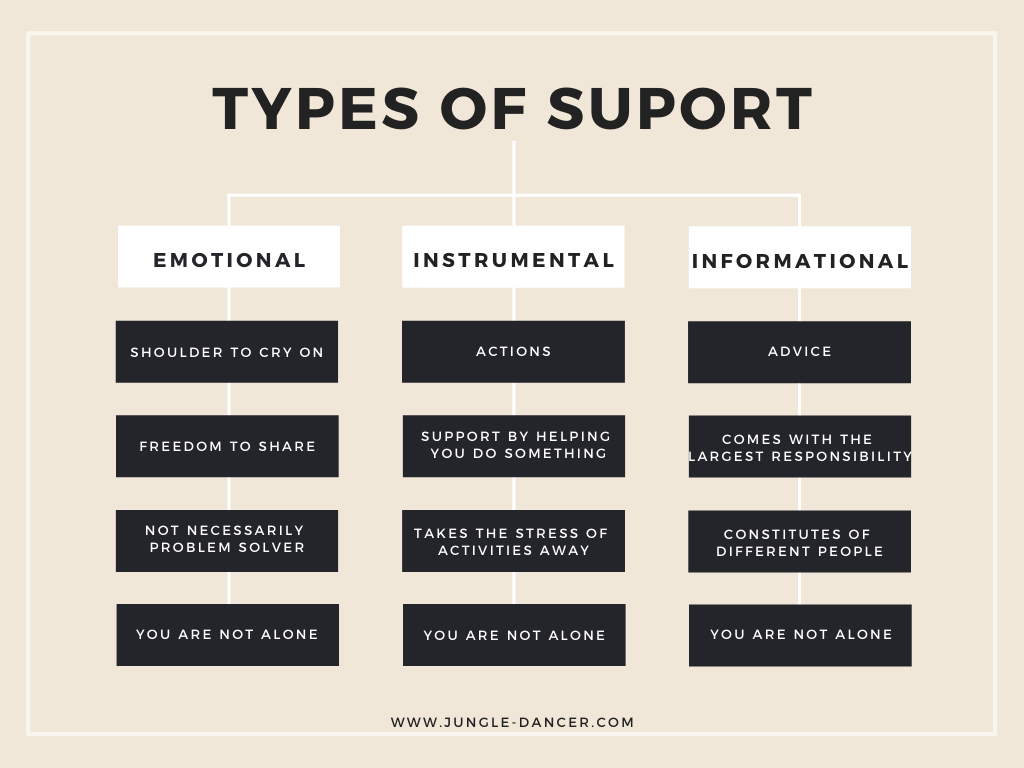



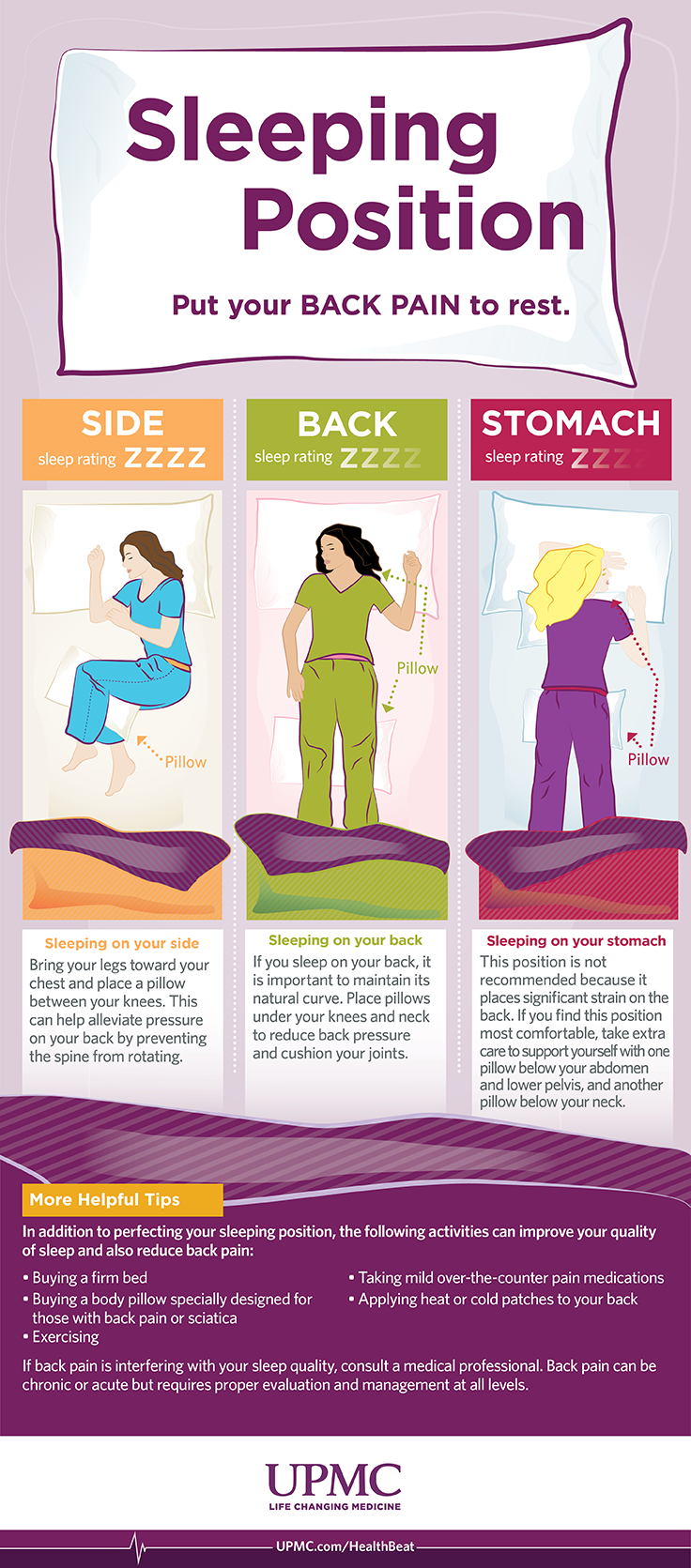
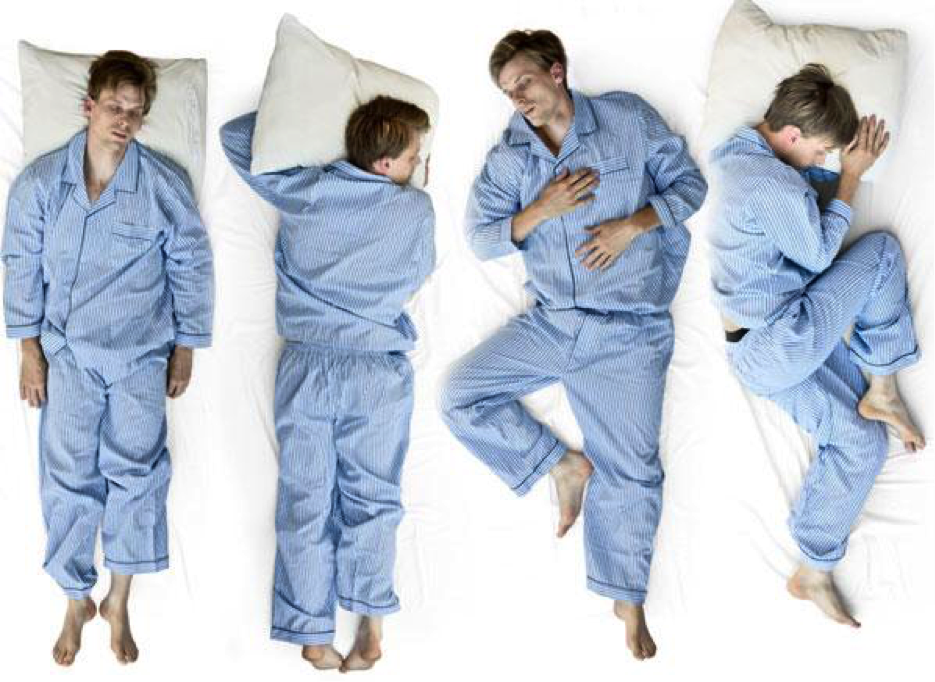
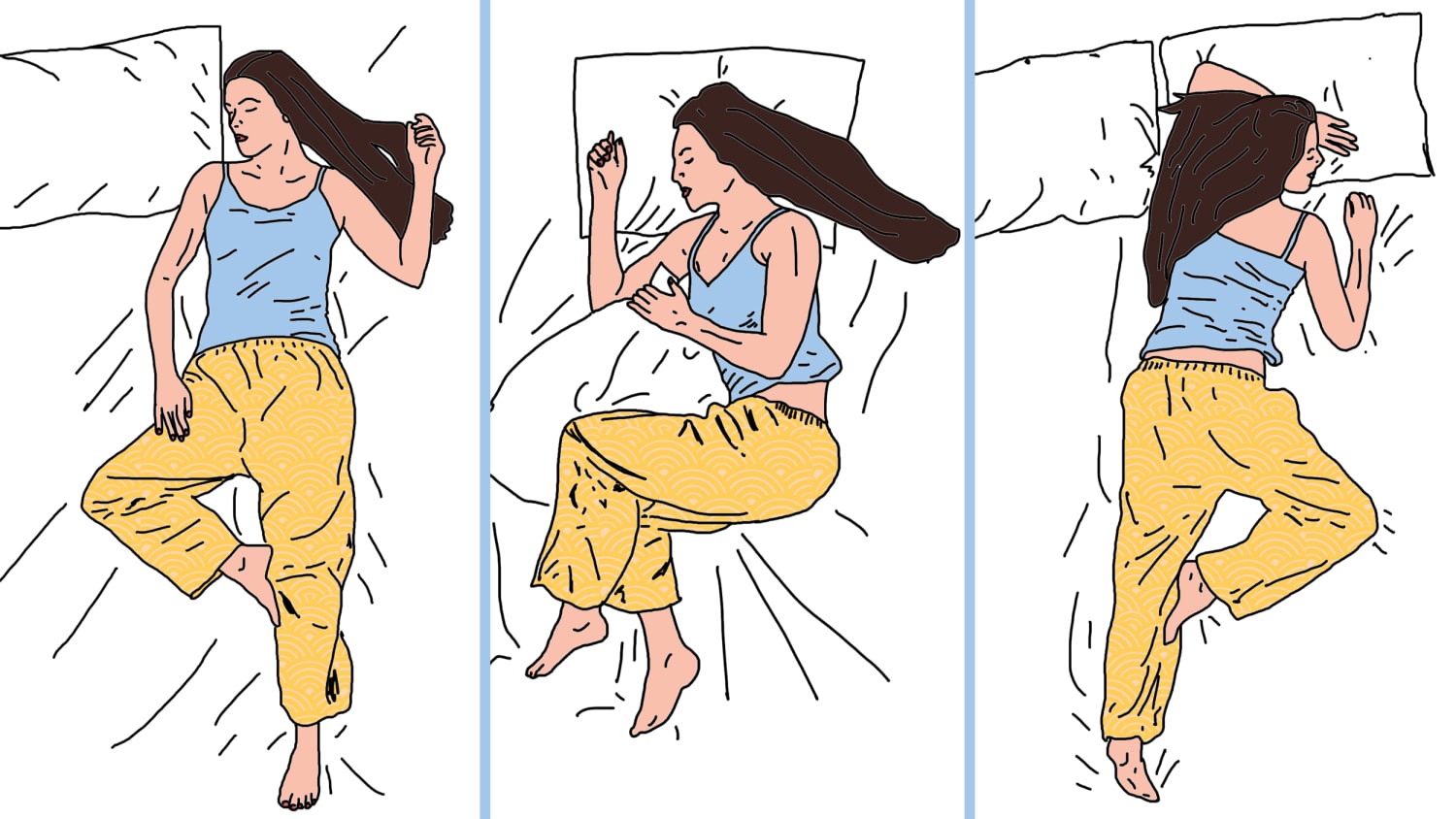


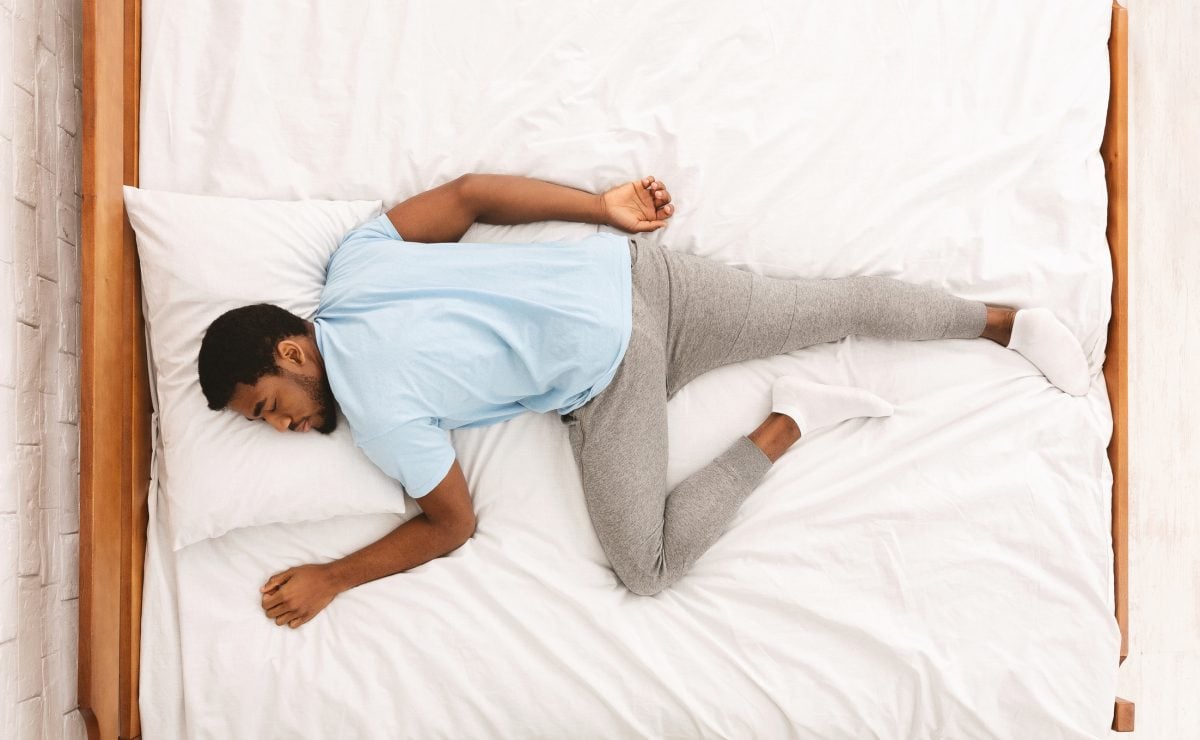
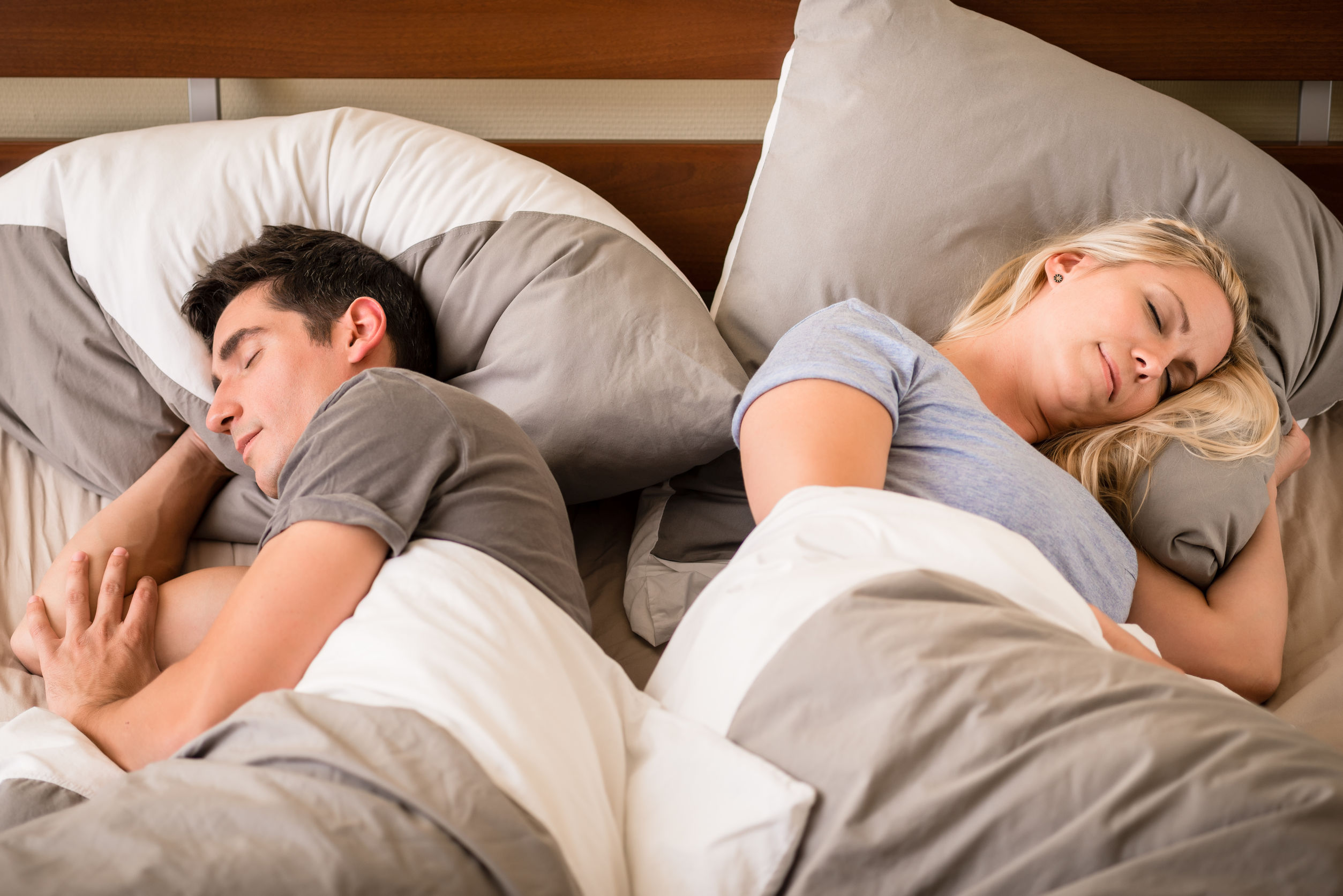

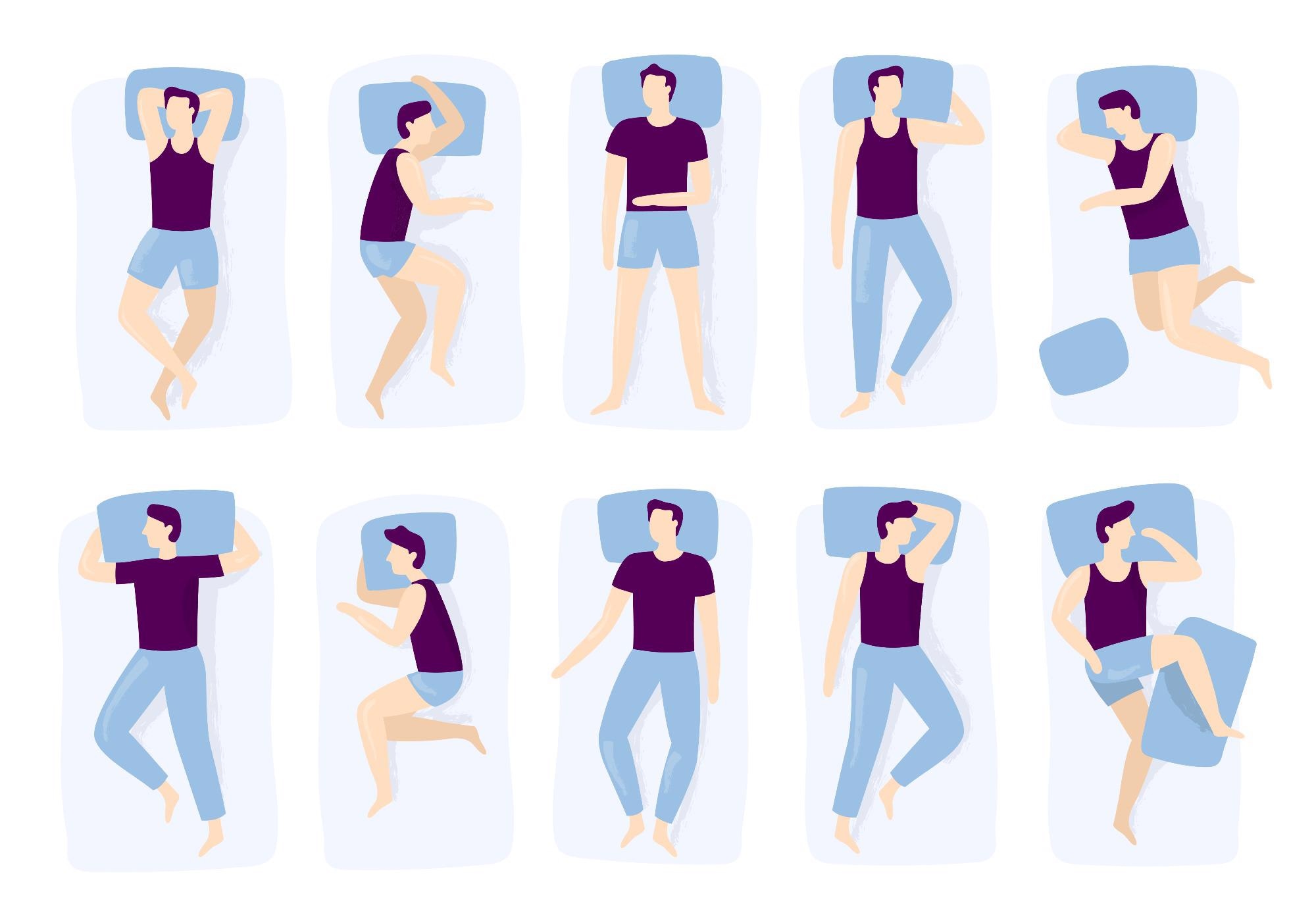

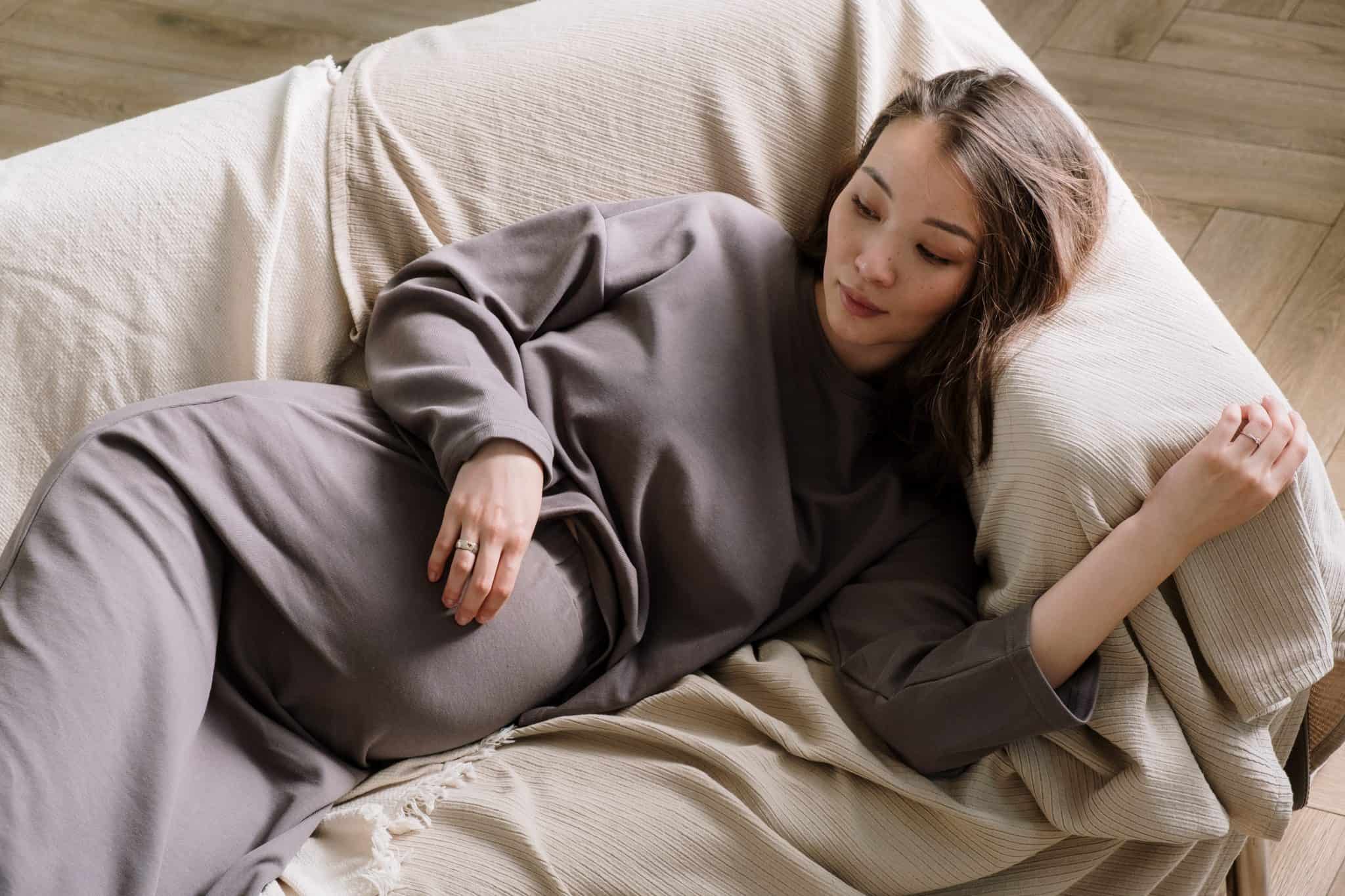
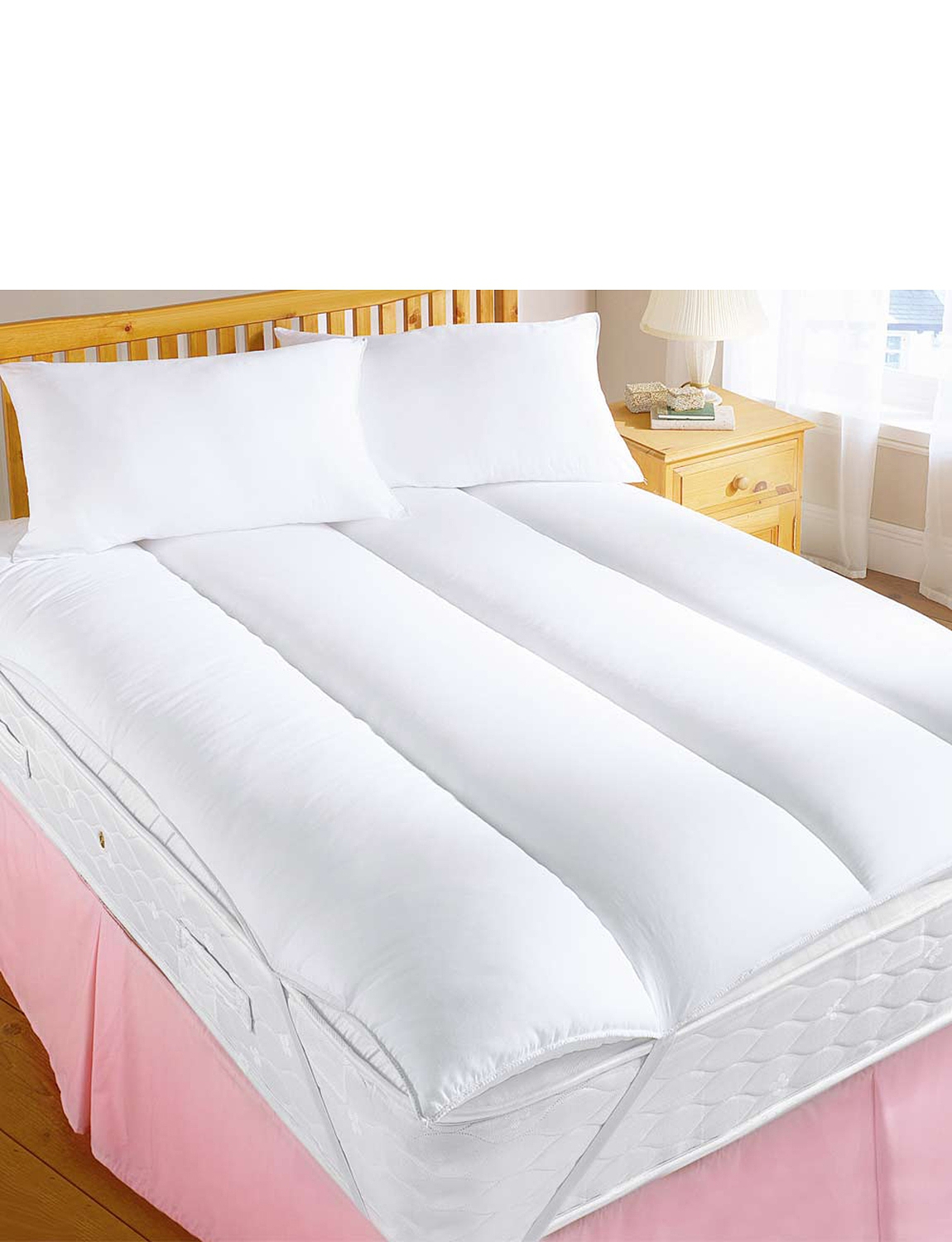
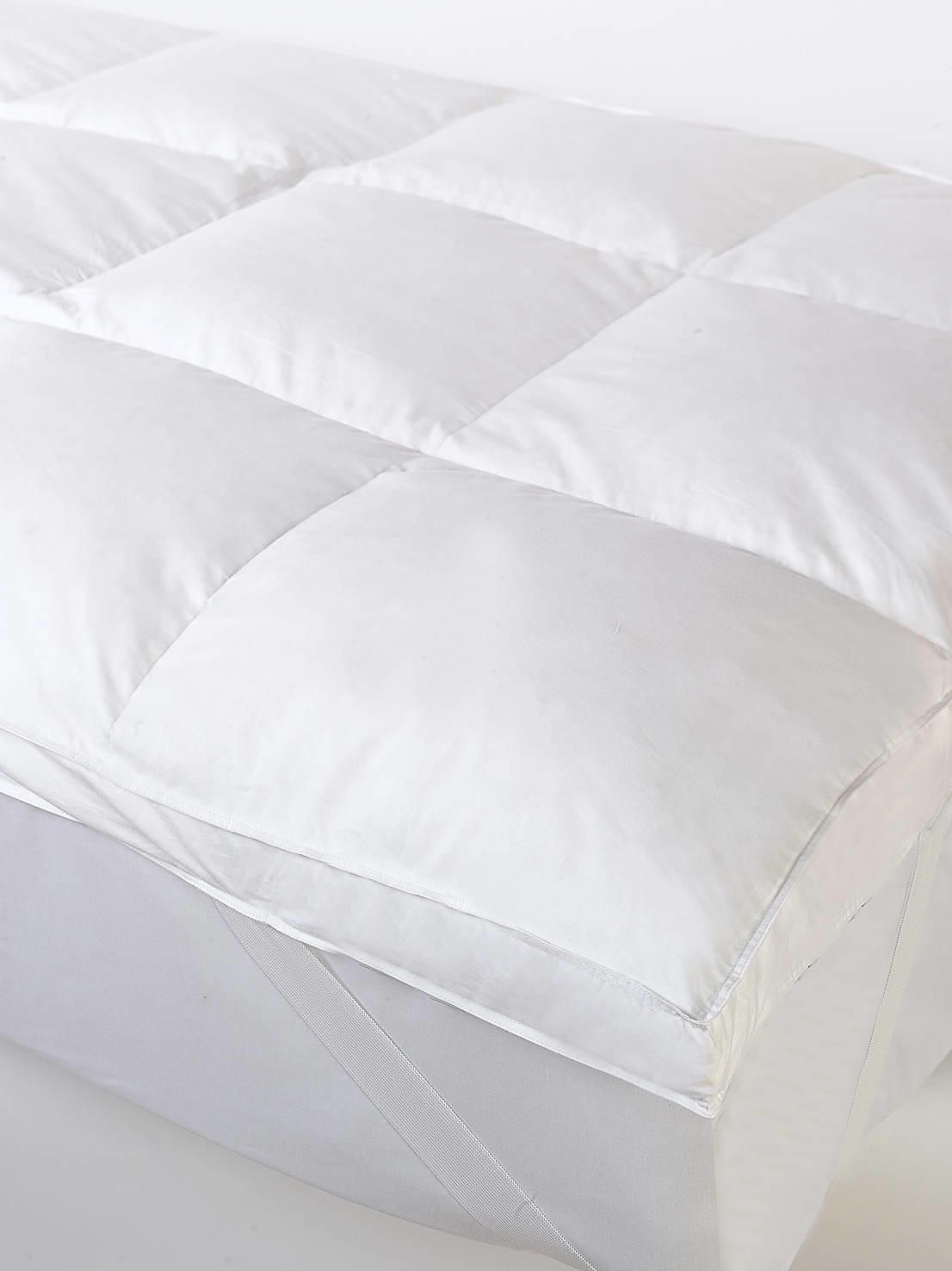
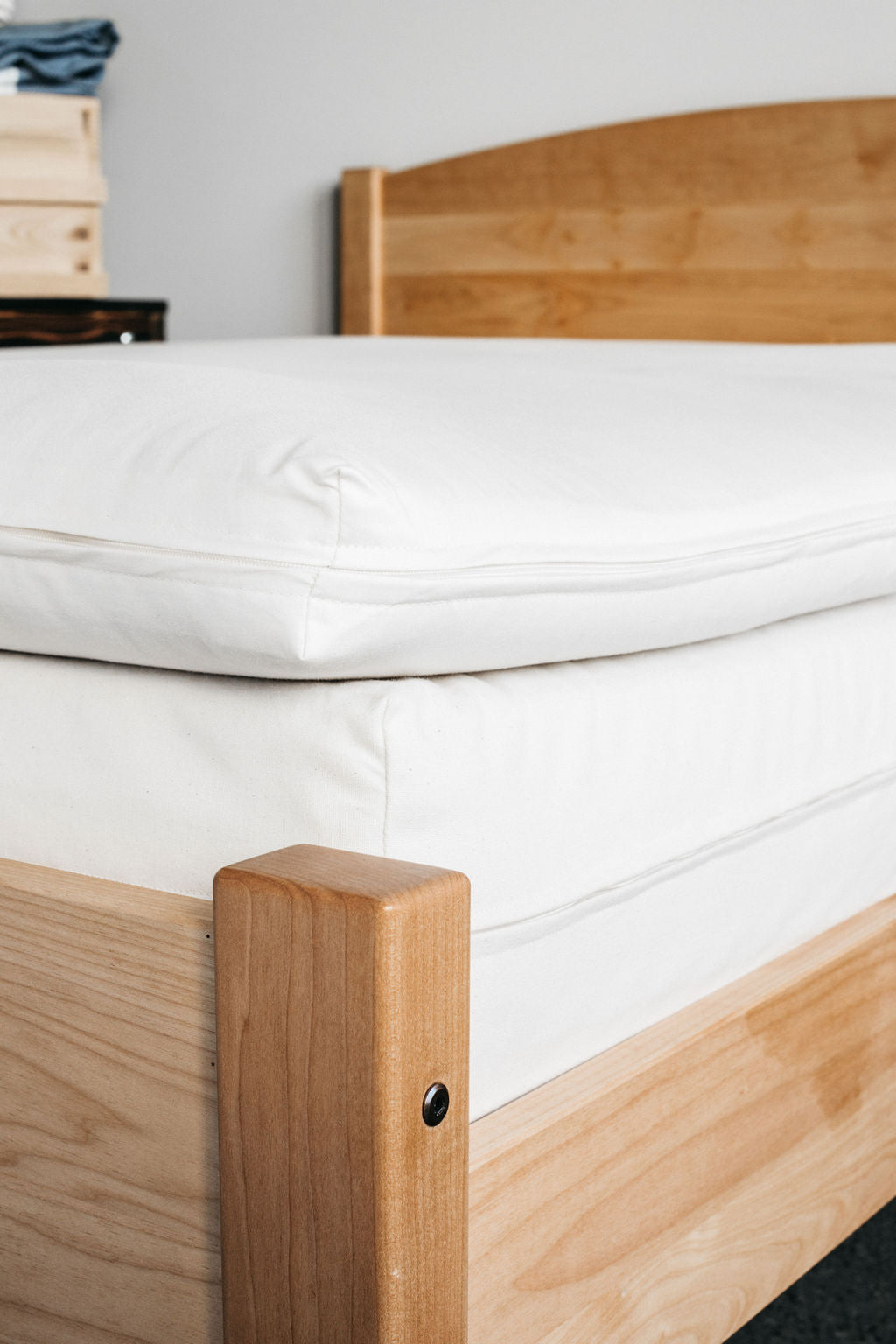
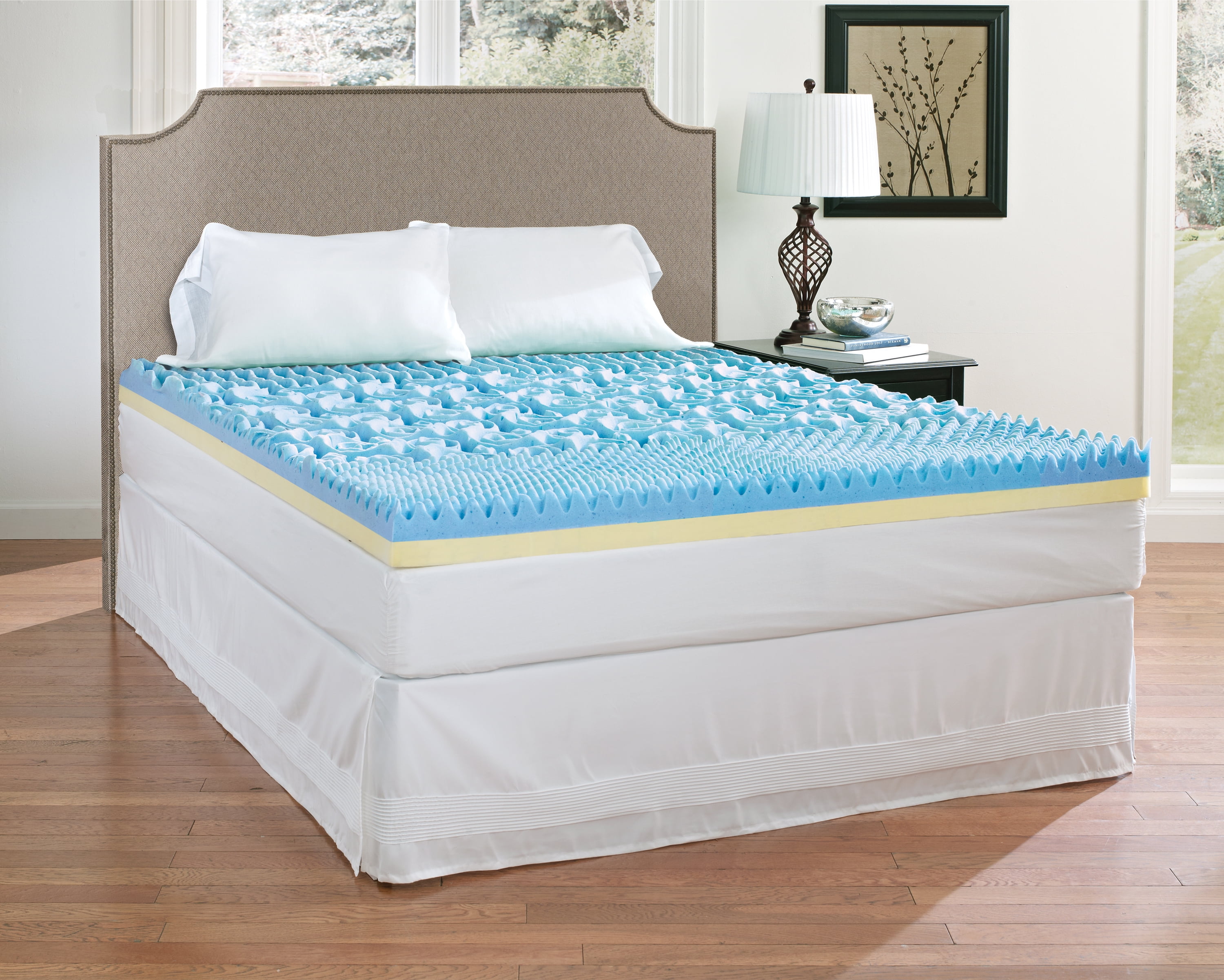
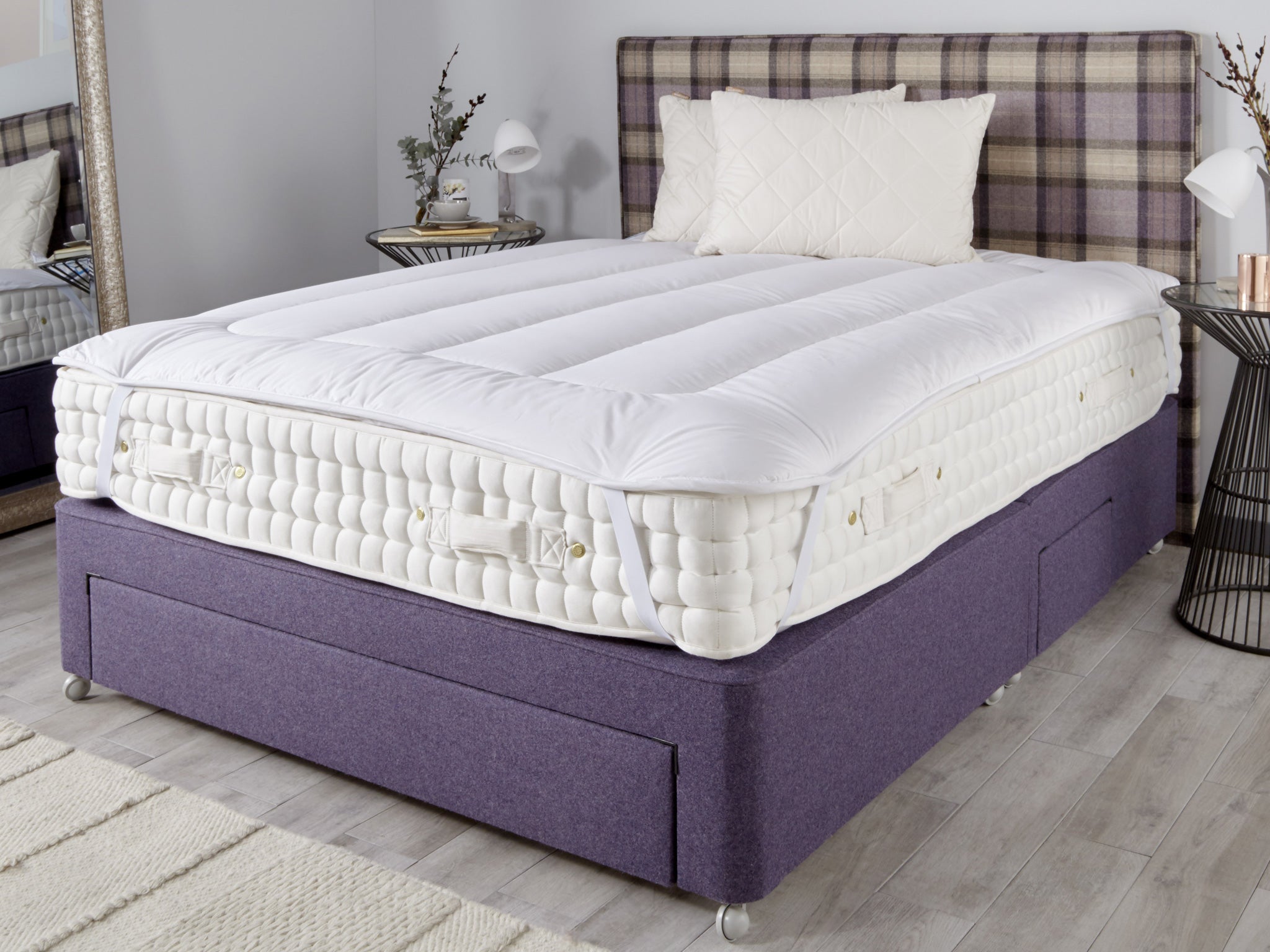
:max_bytes(150000):strip_icc()/_hero_4109254-feathertop-5c7d415346e0fb0001a5f085.jpg)
